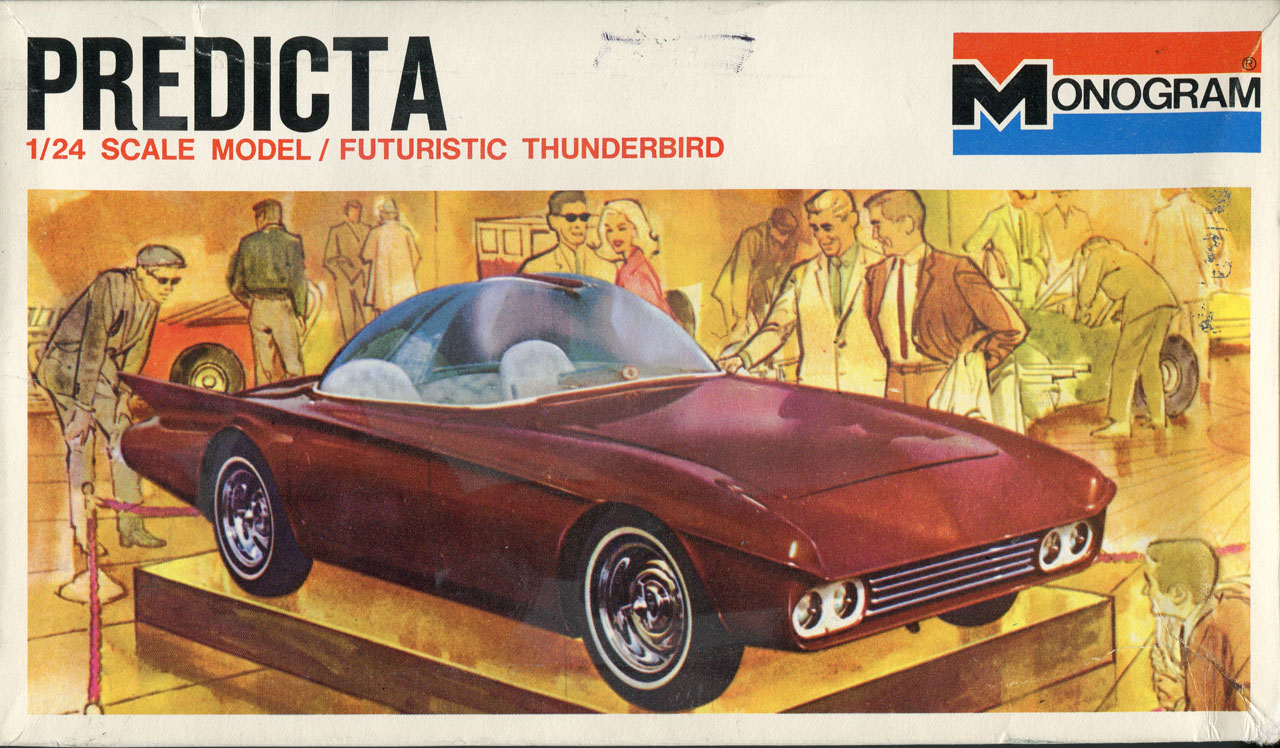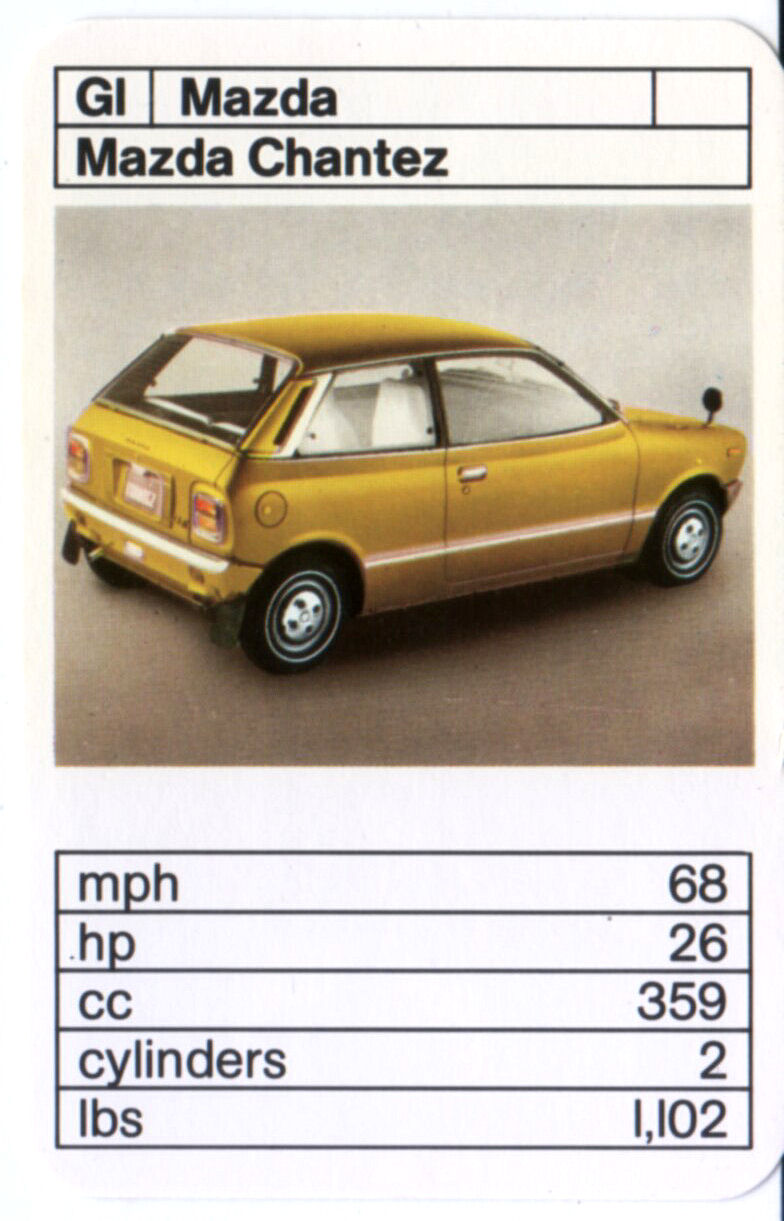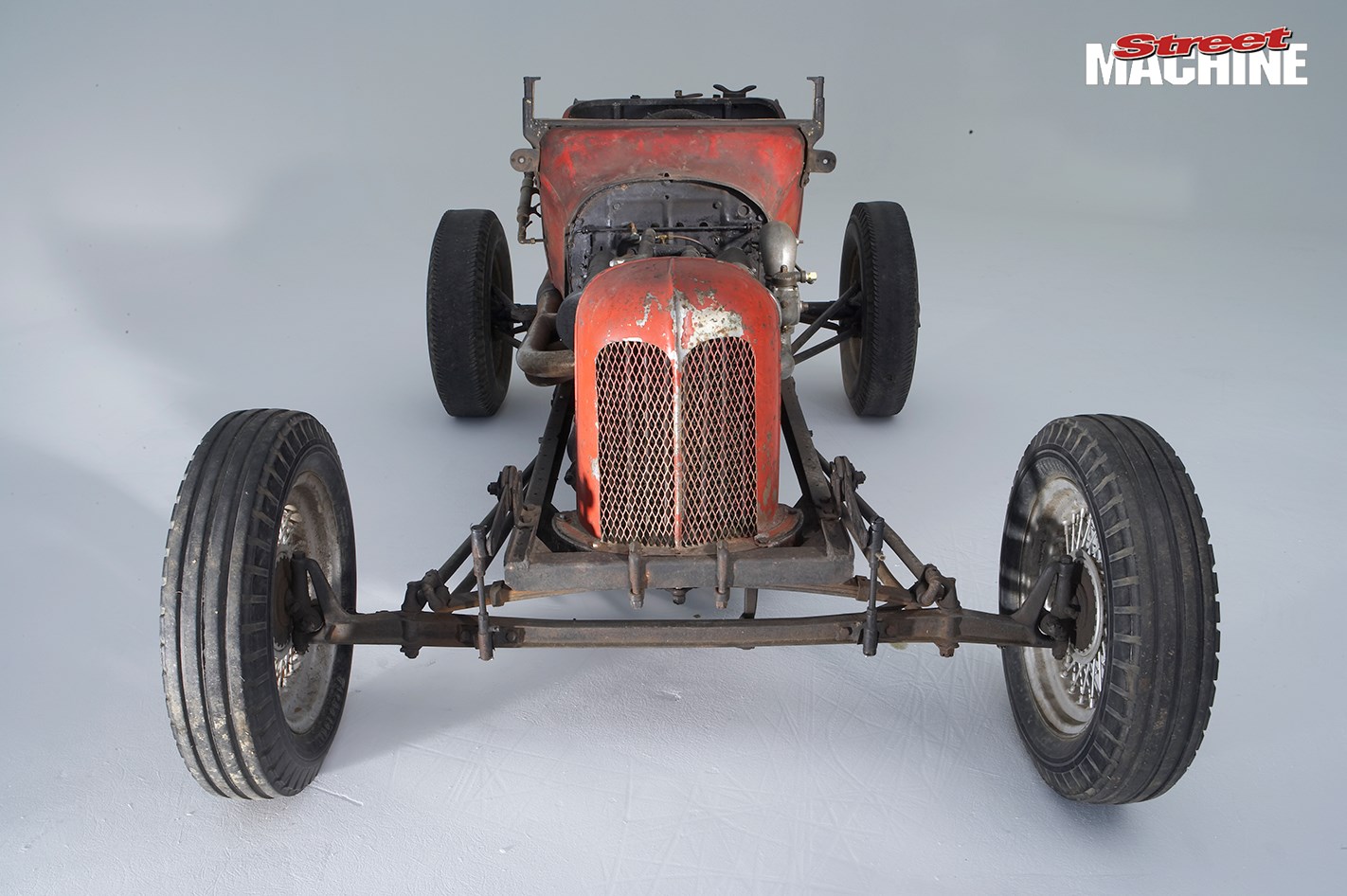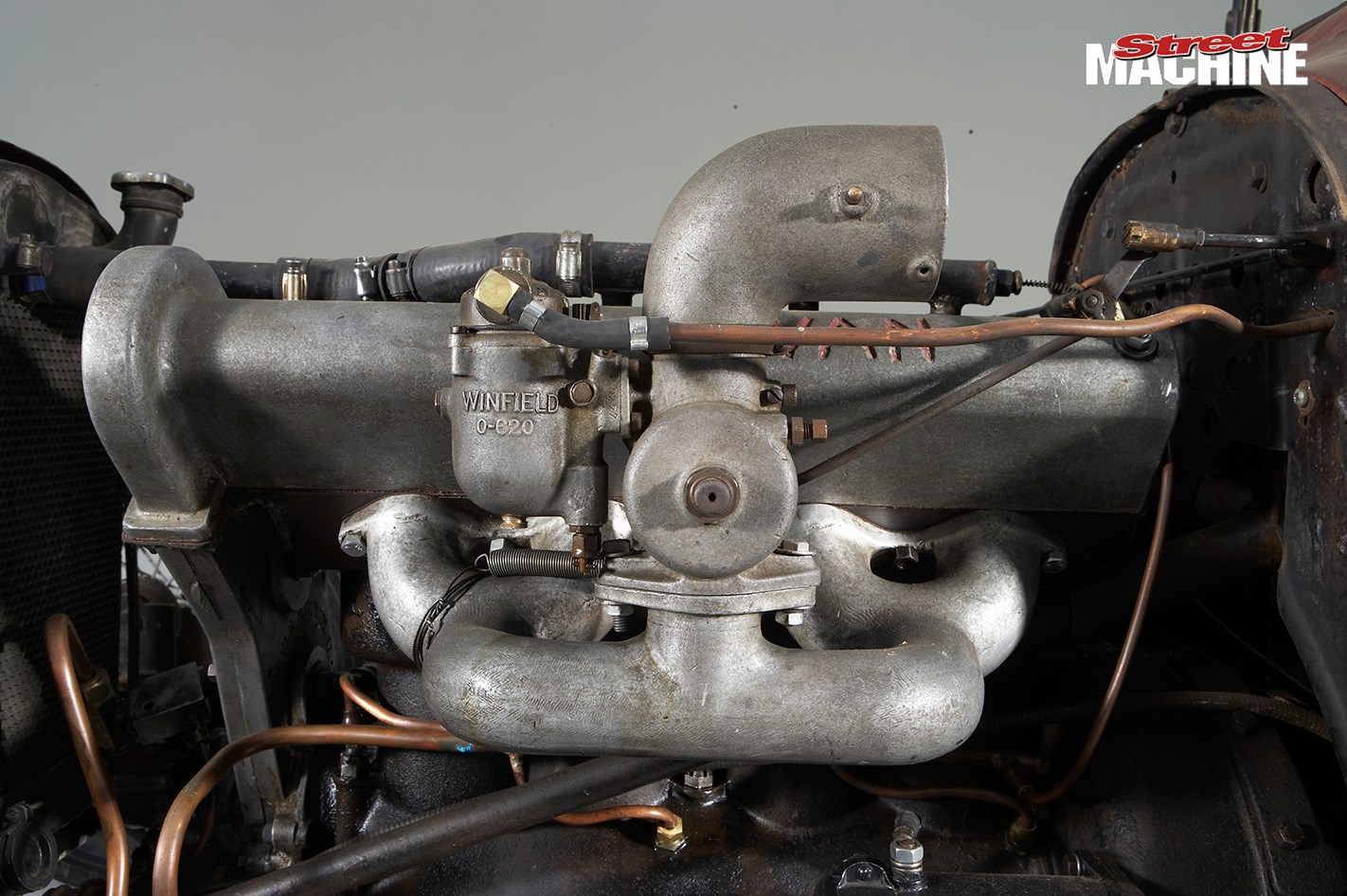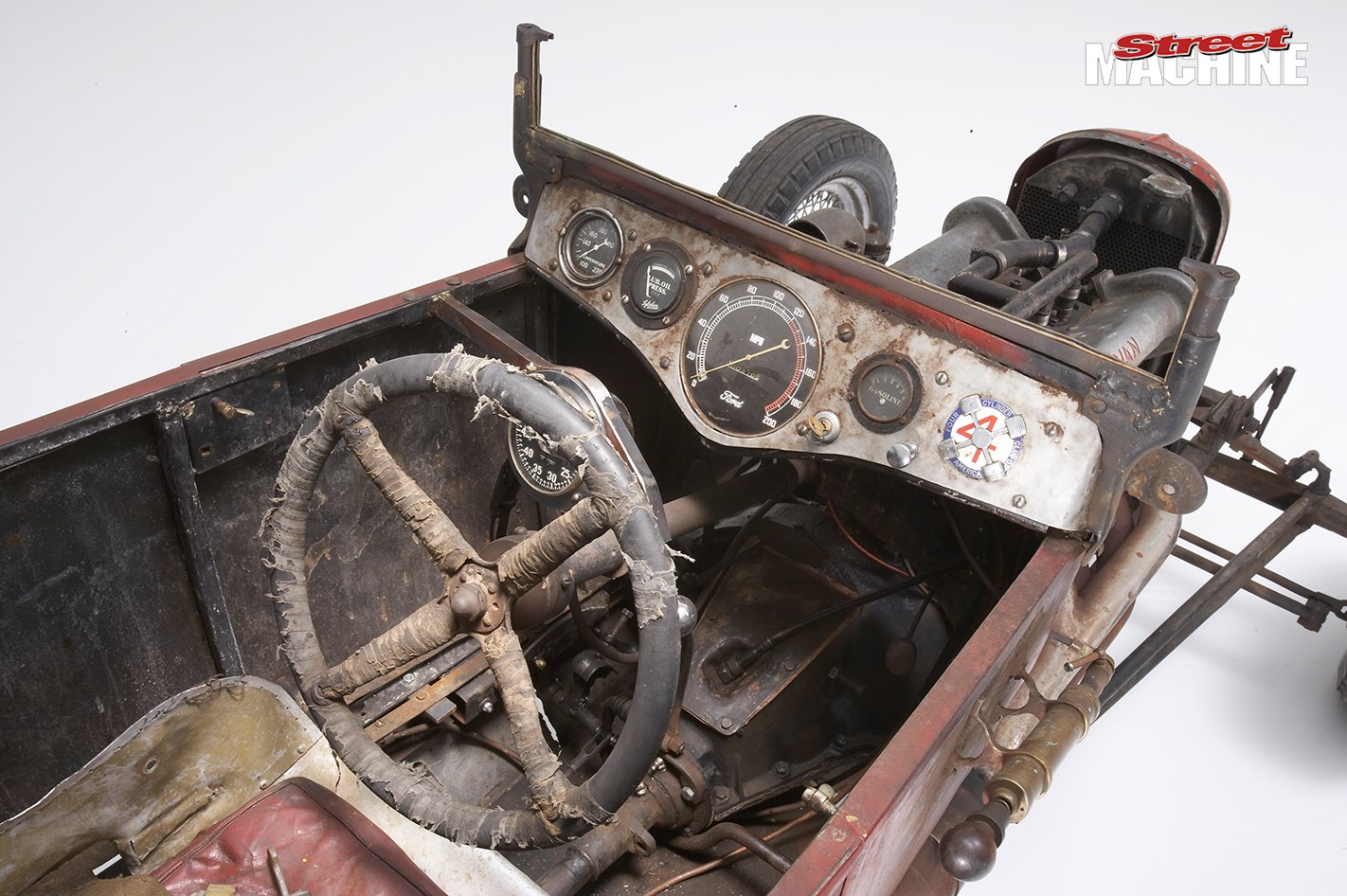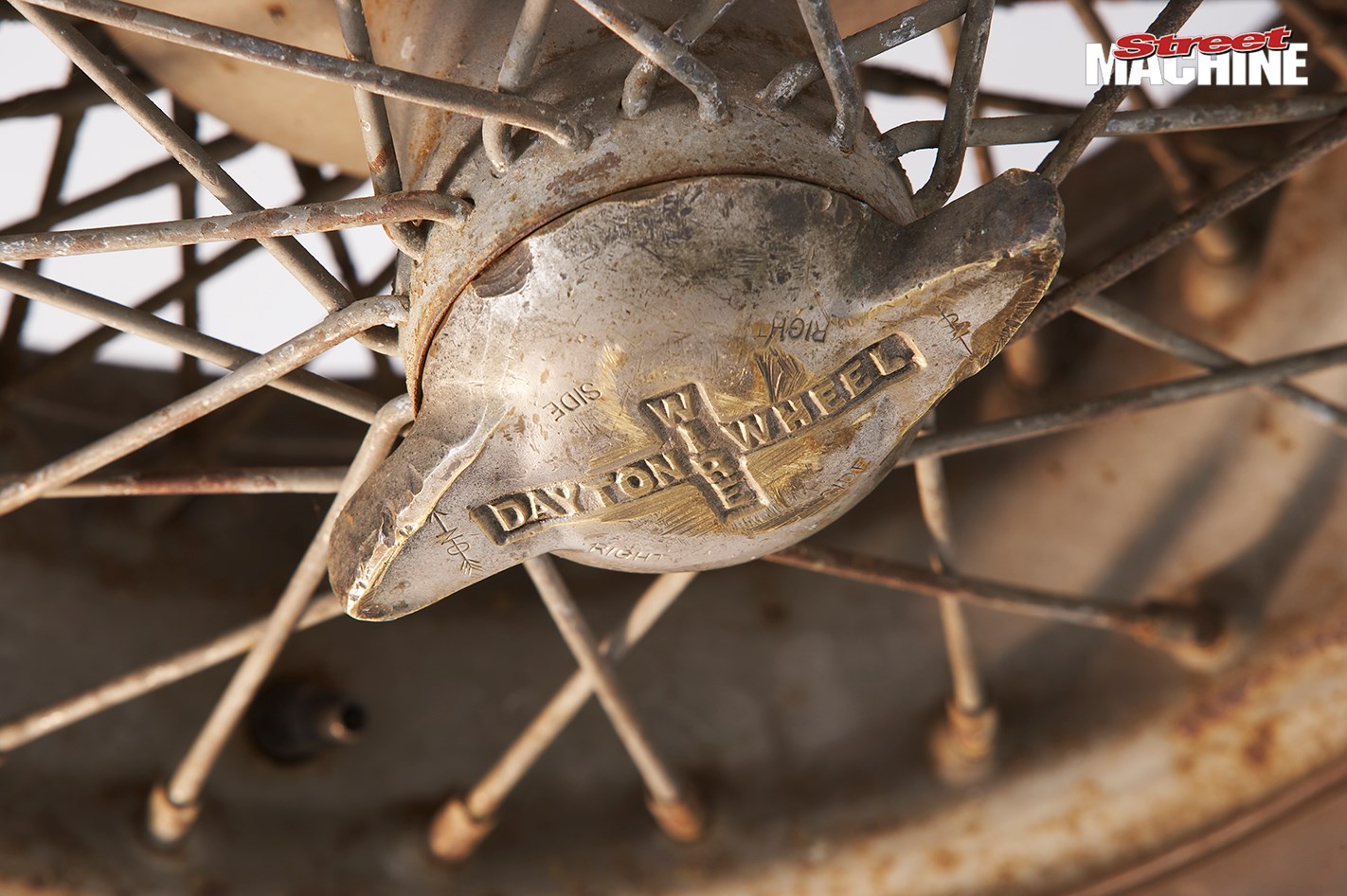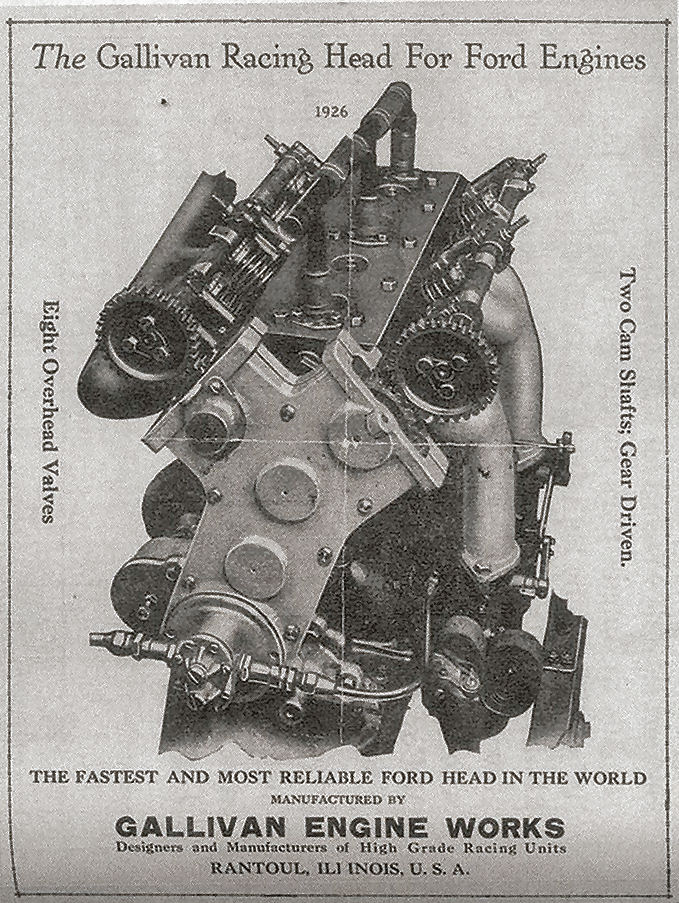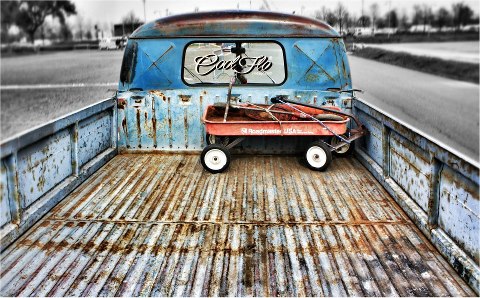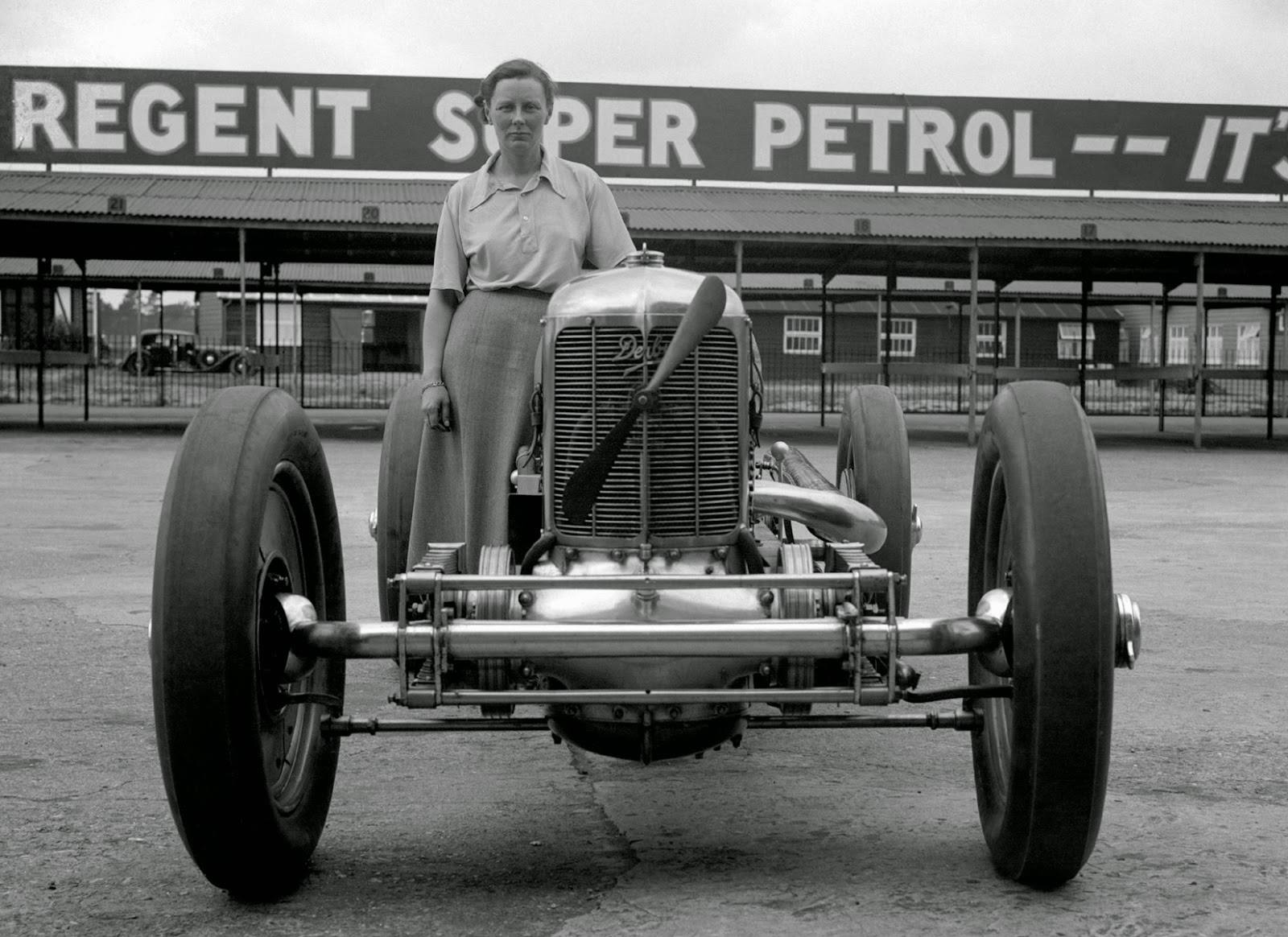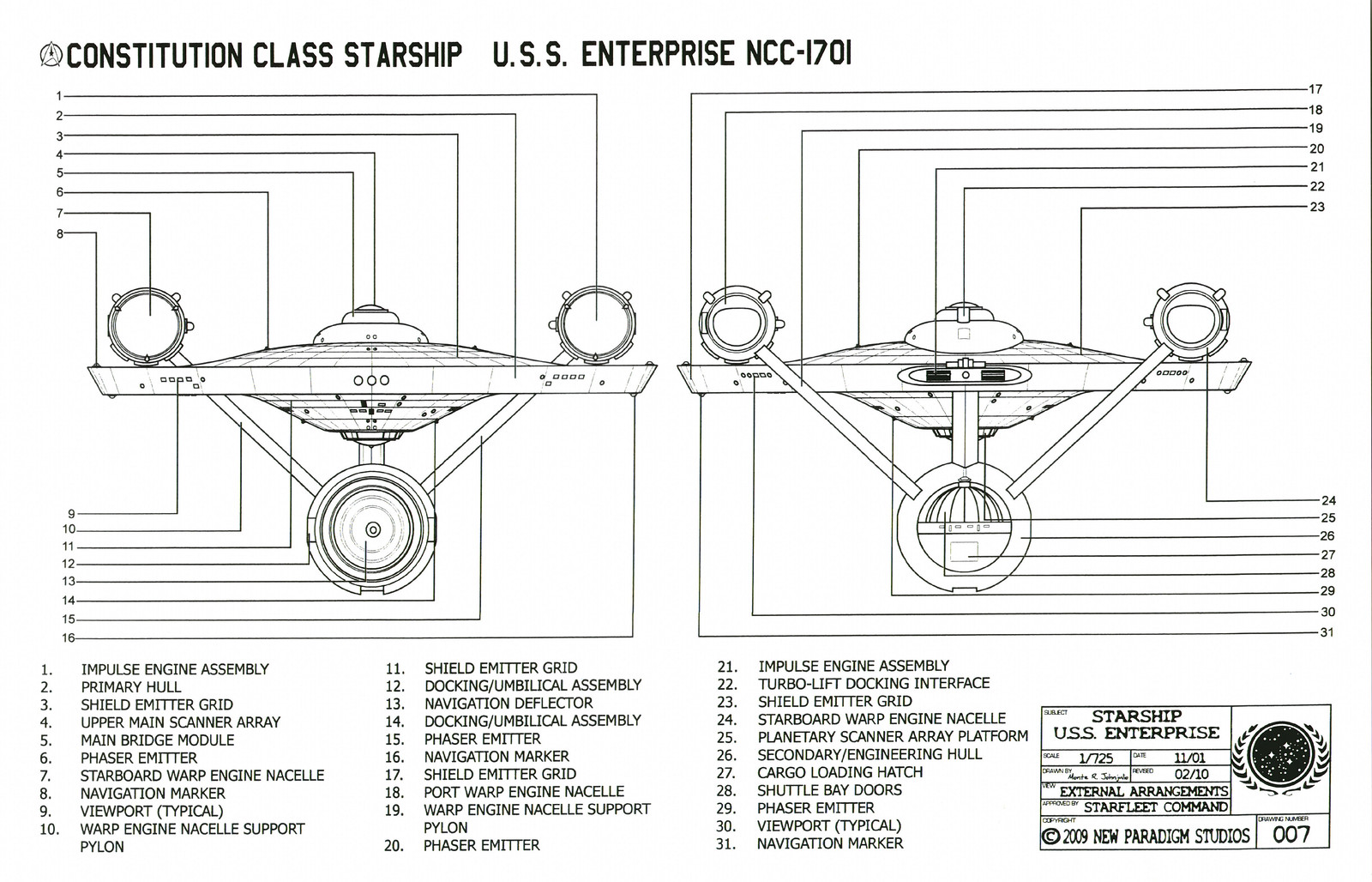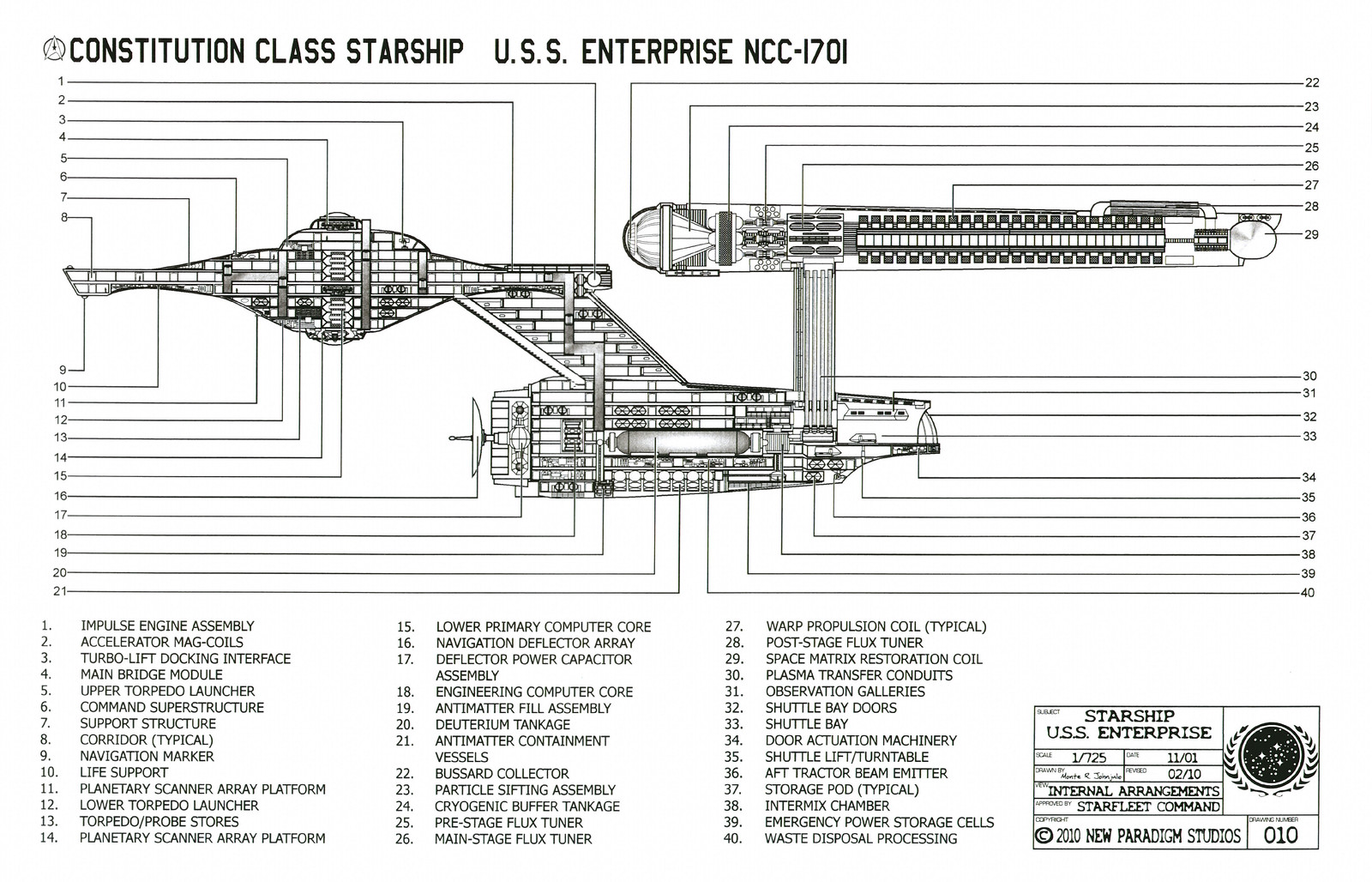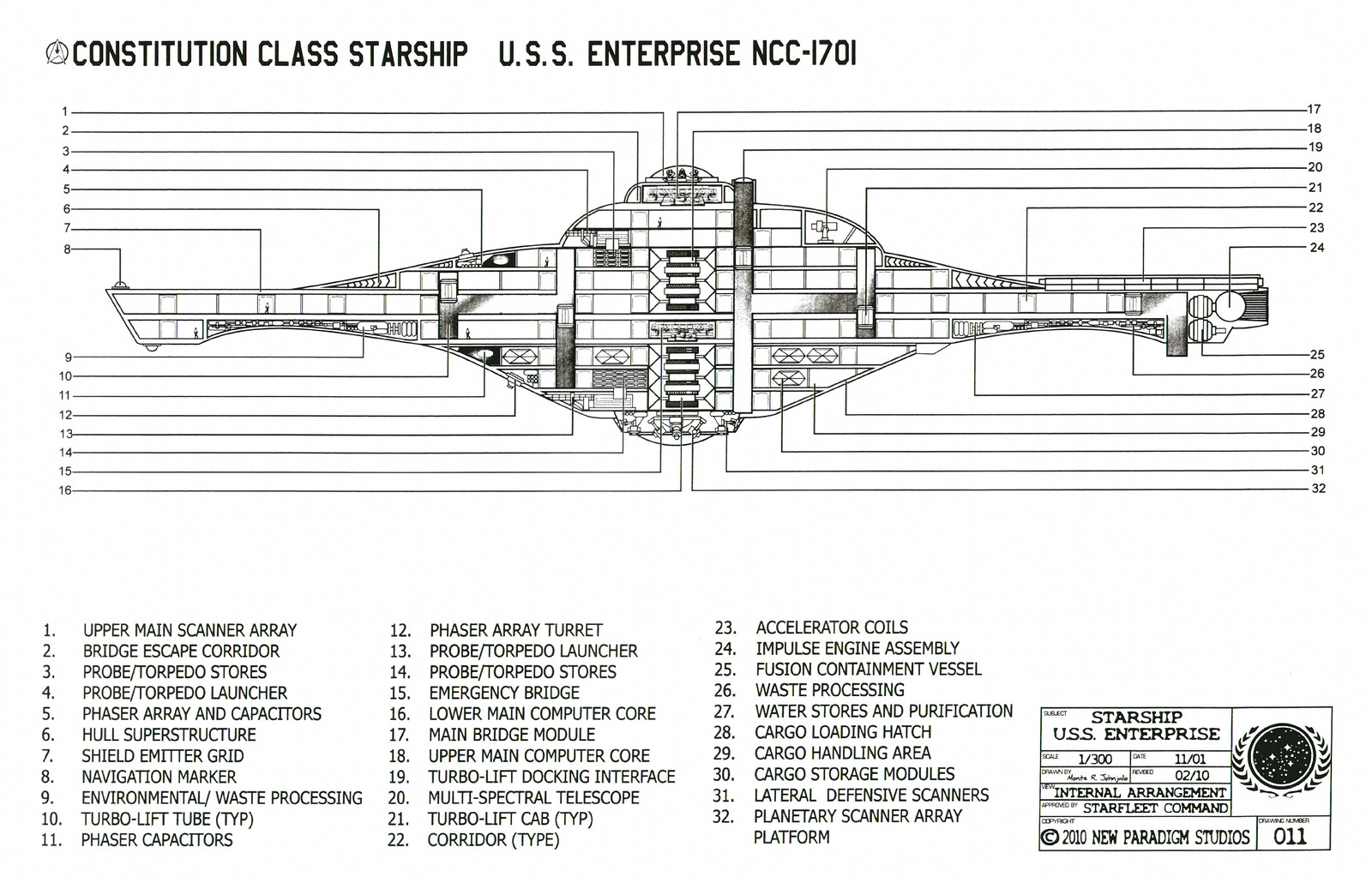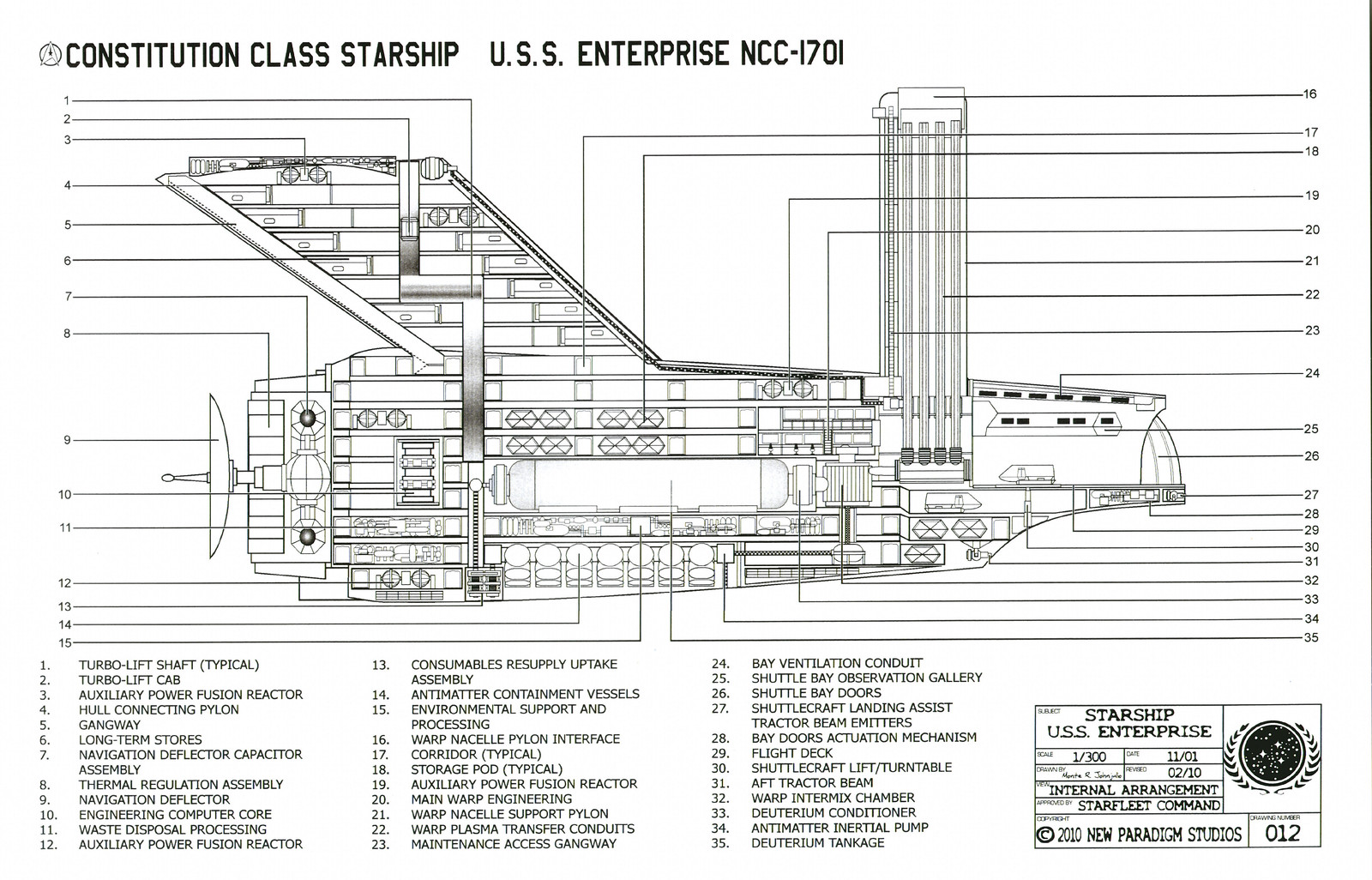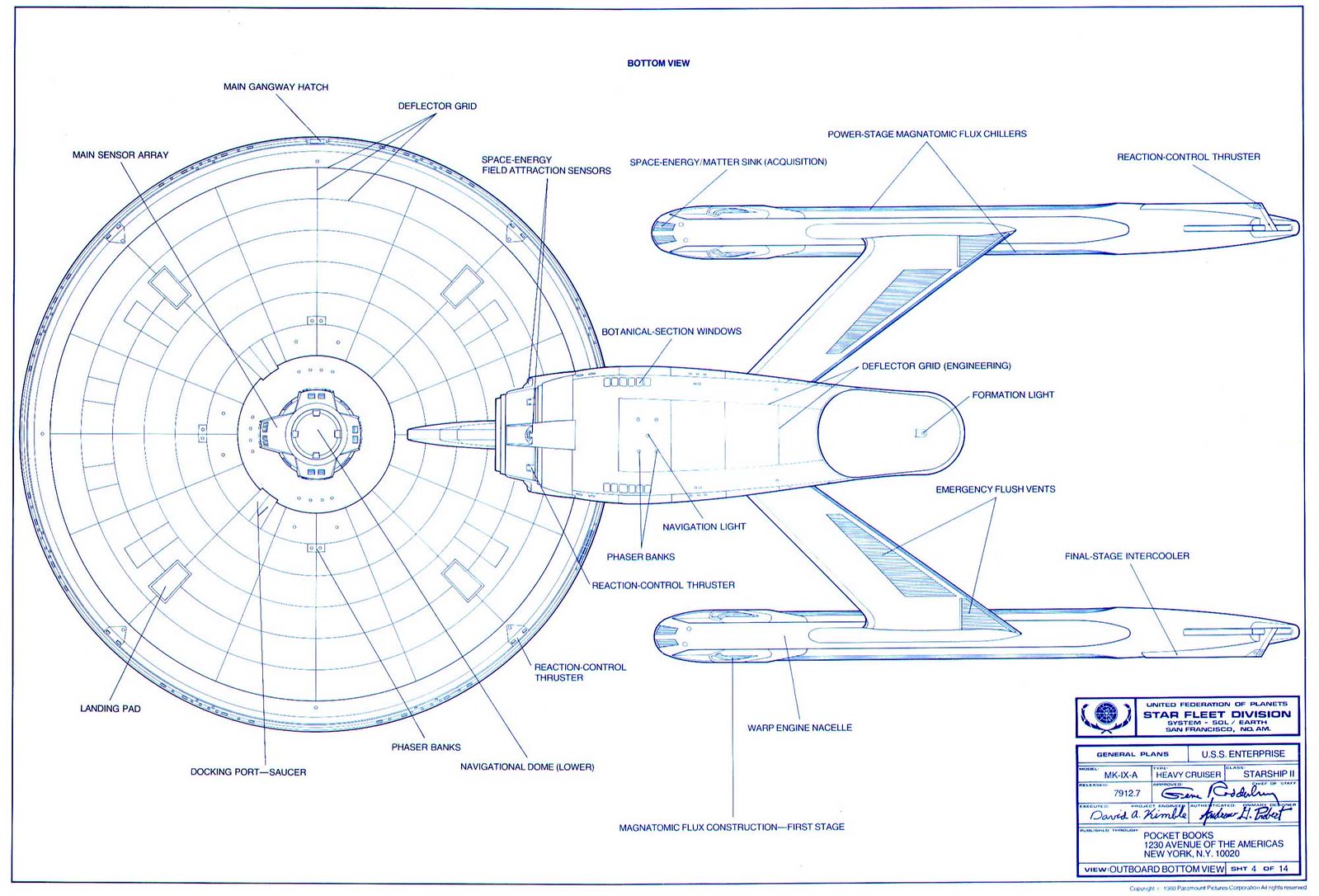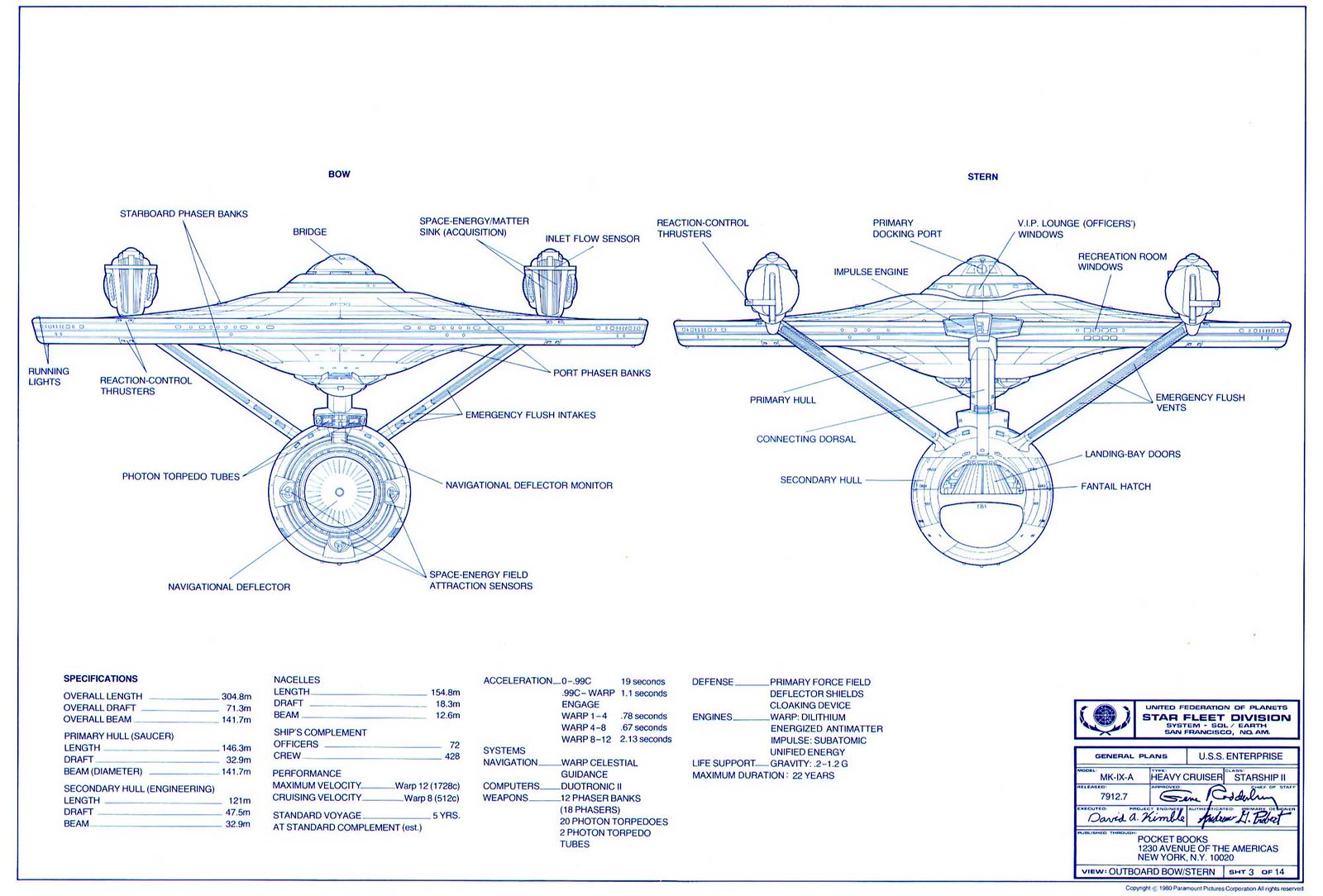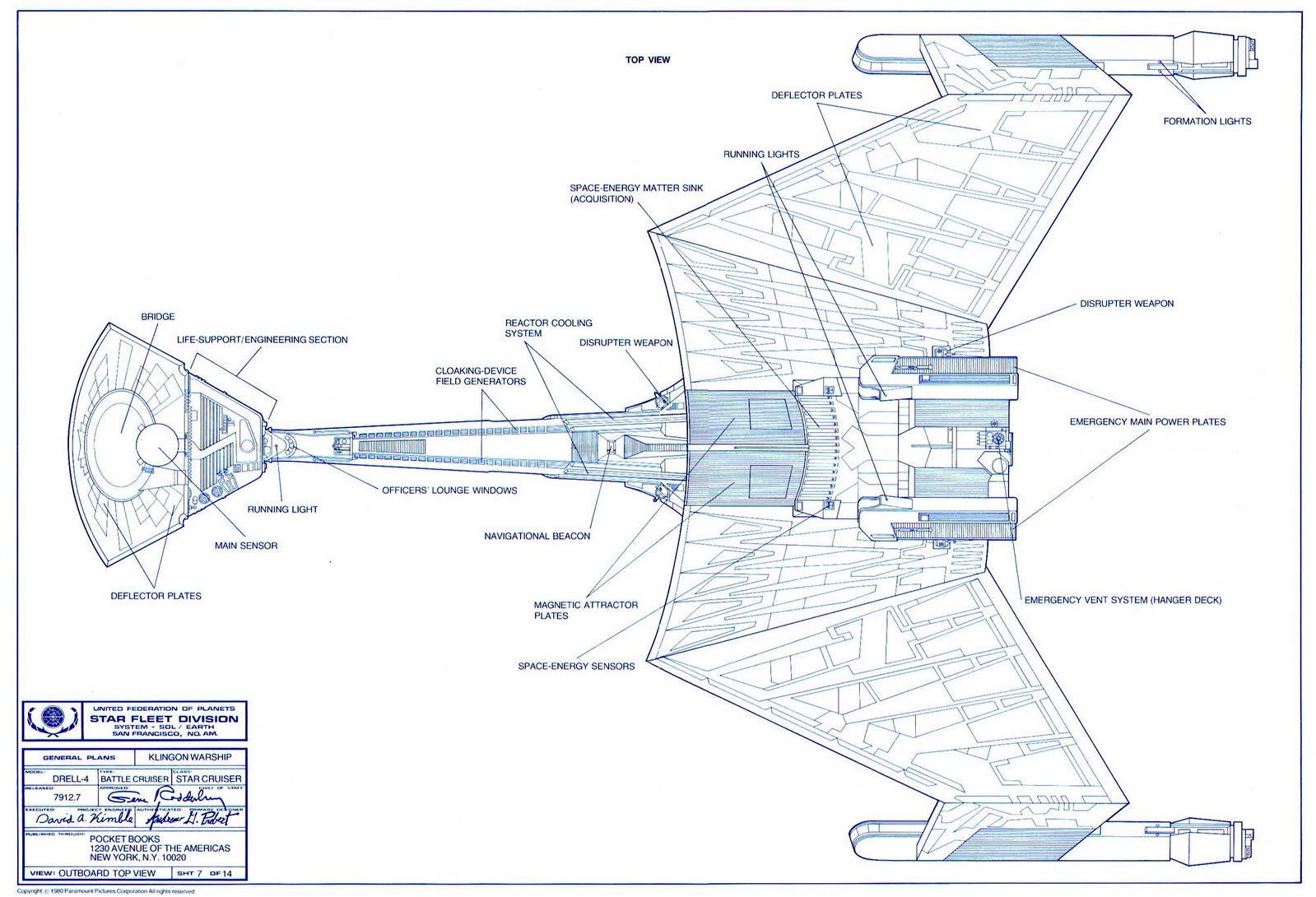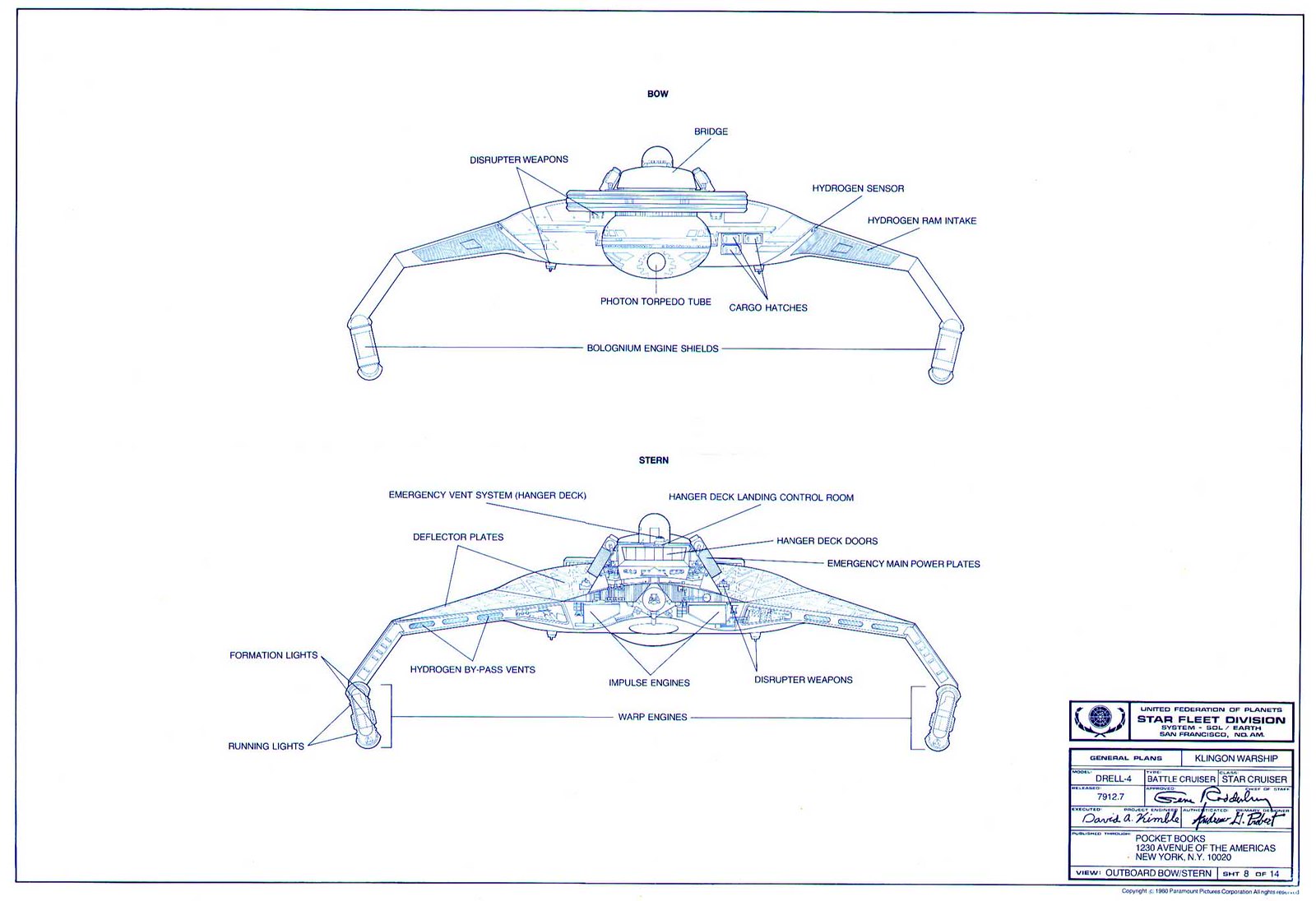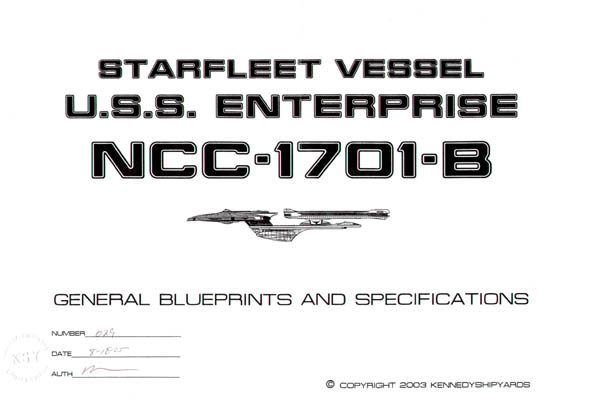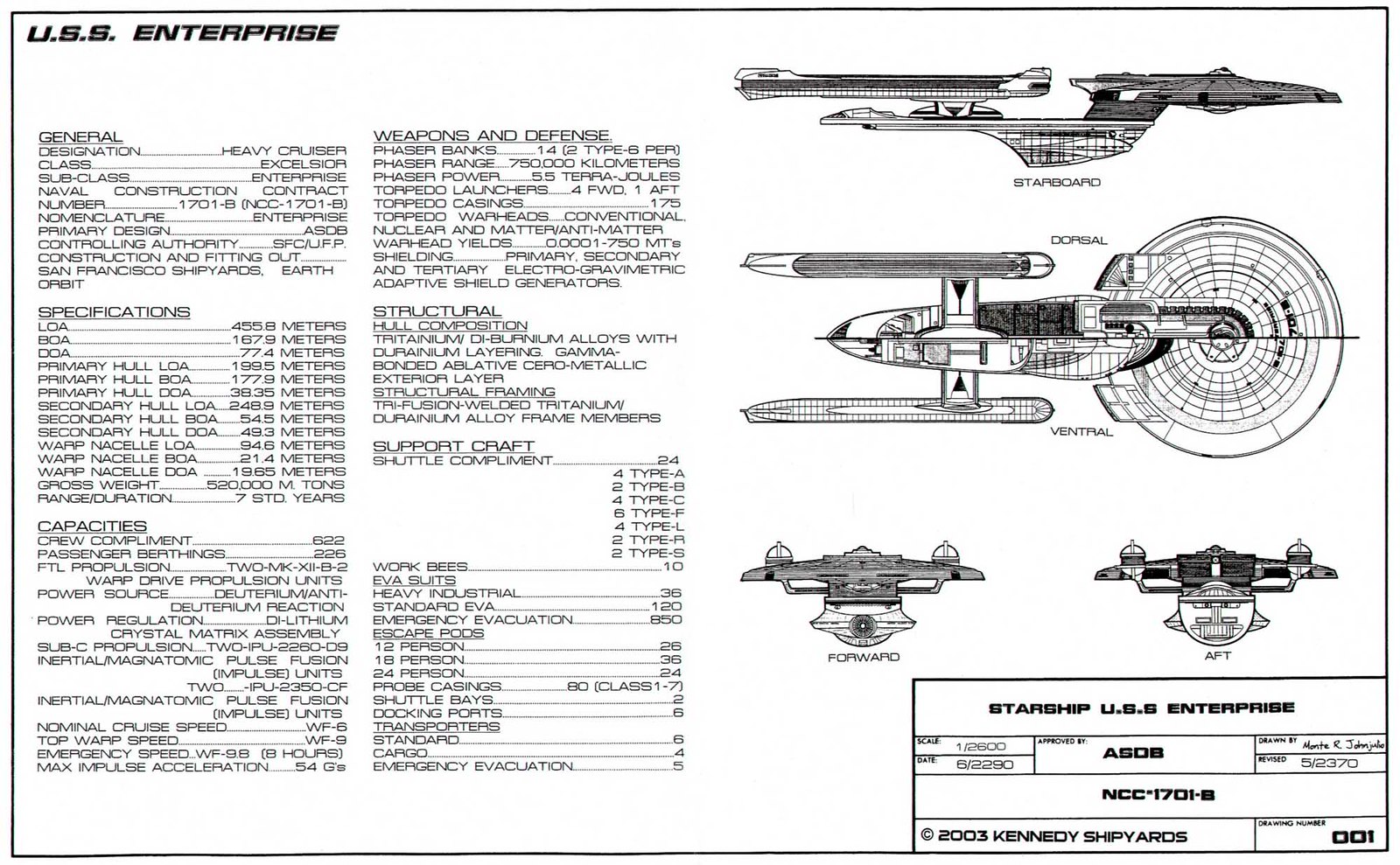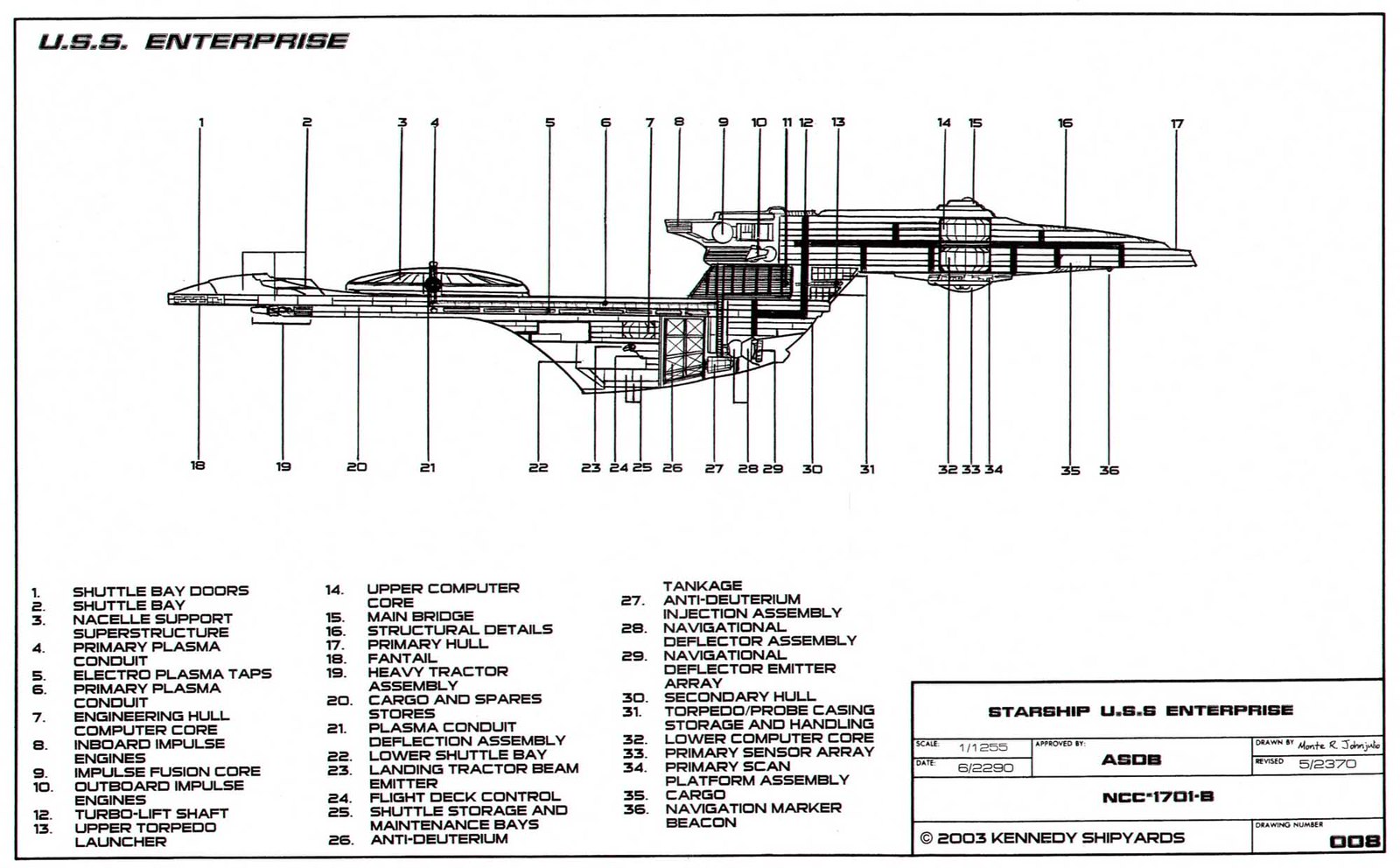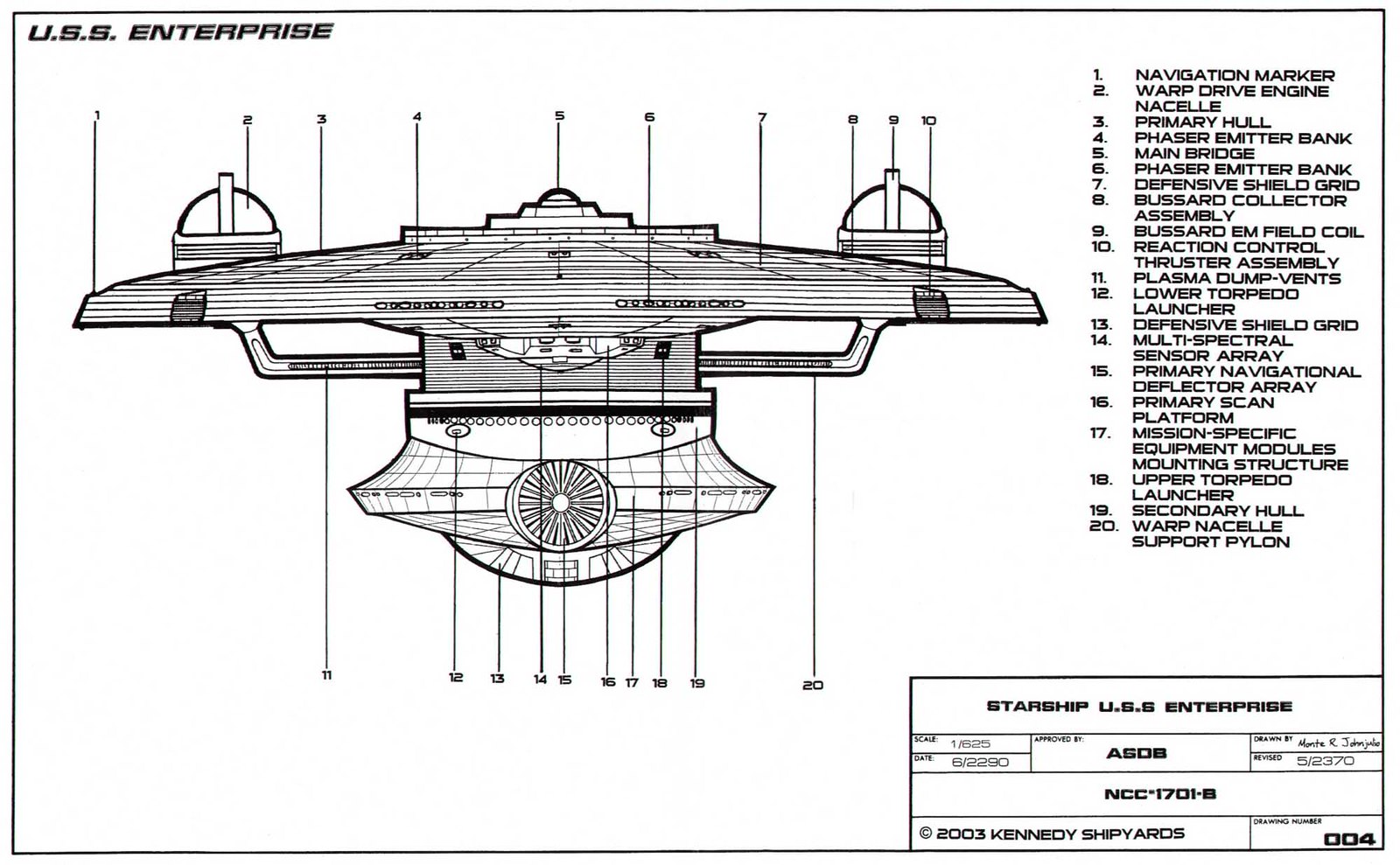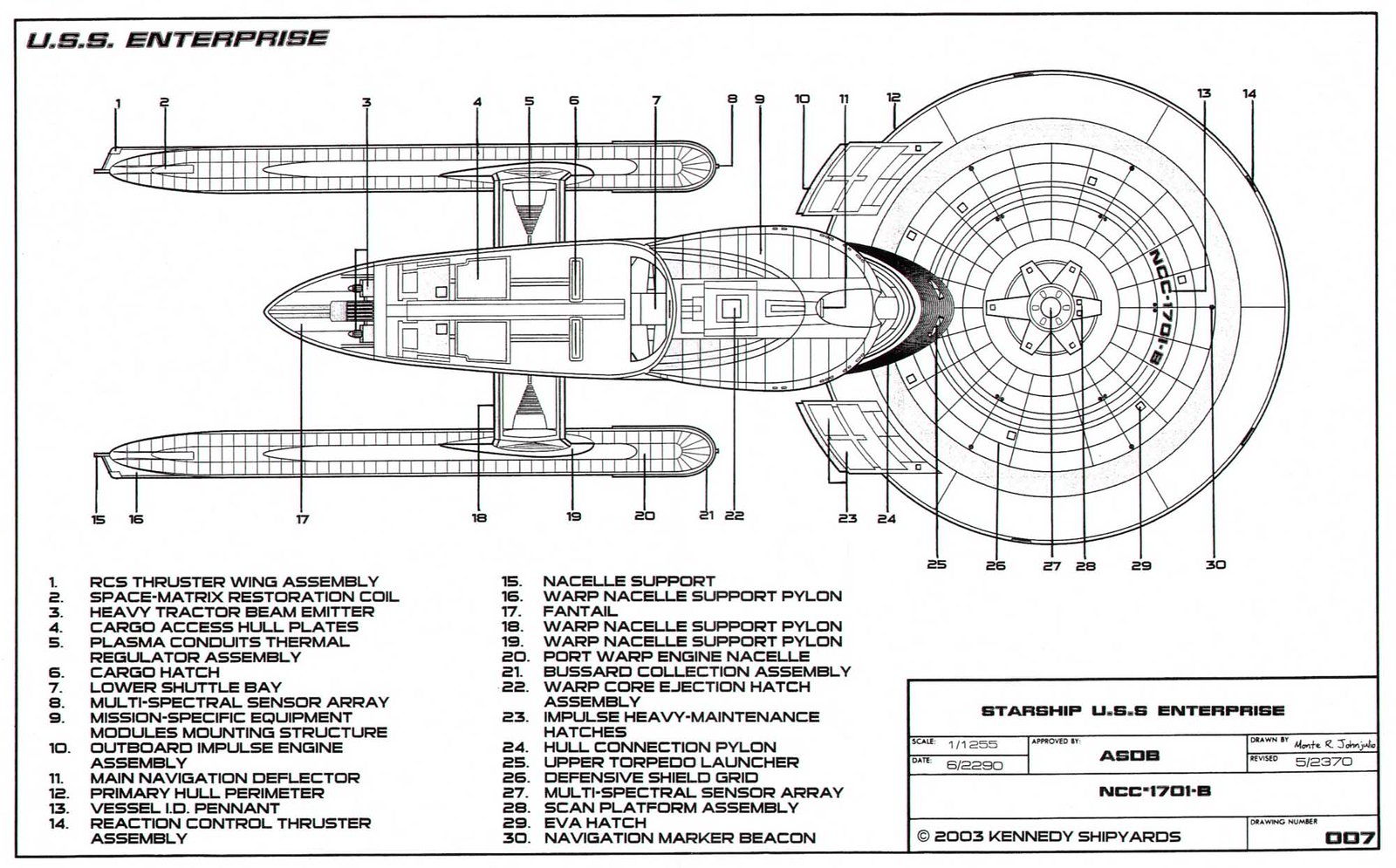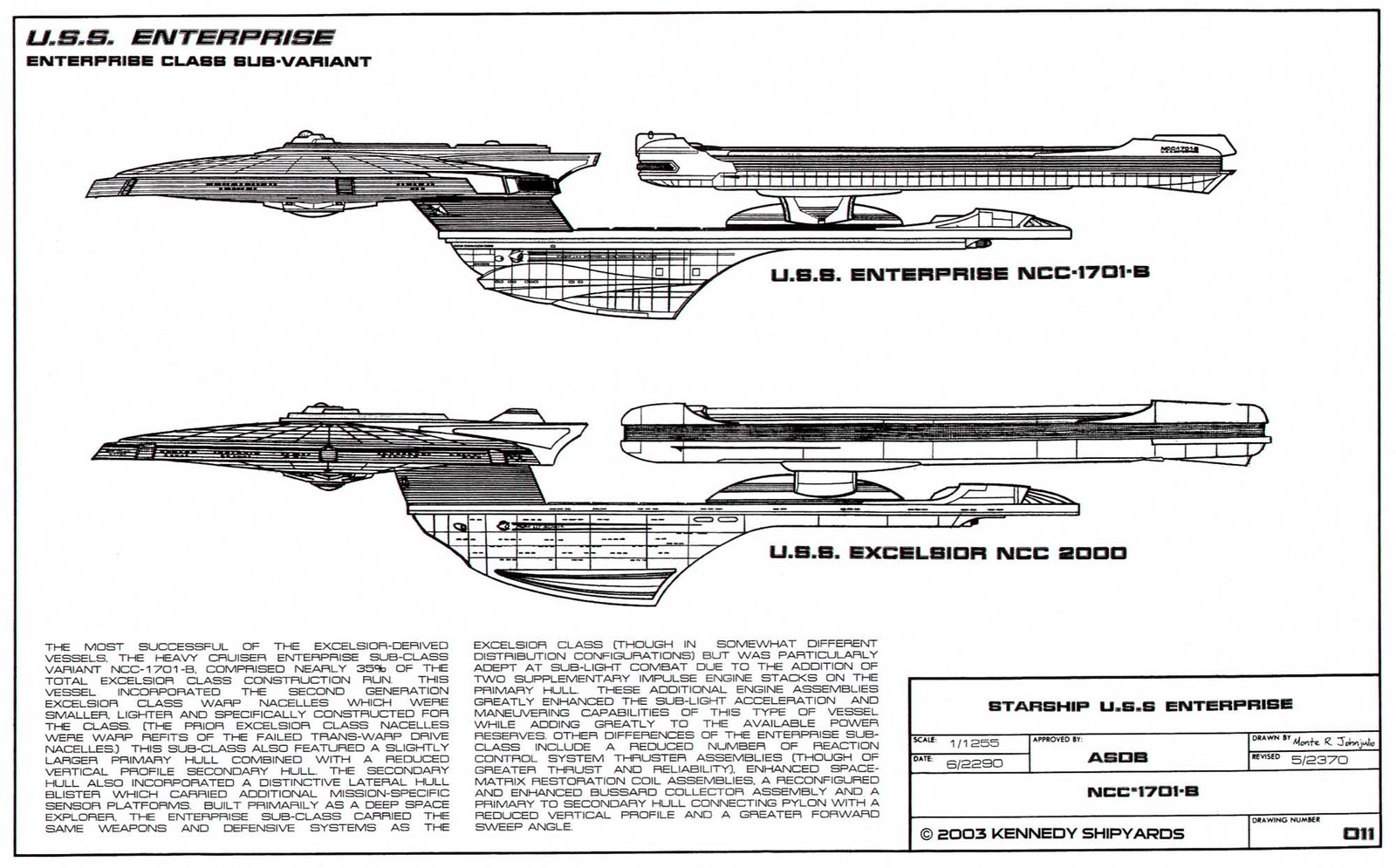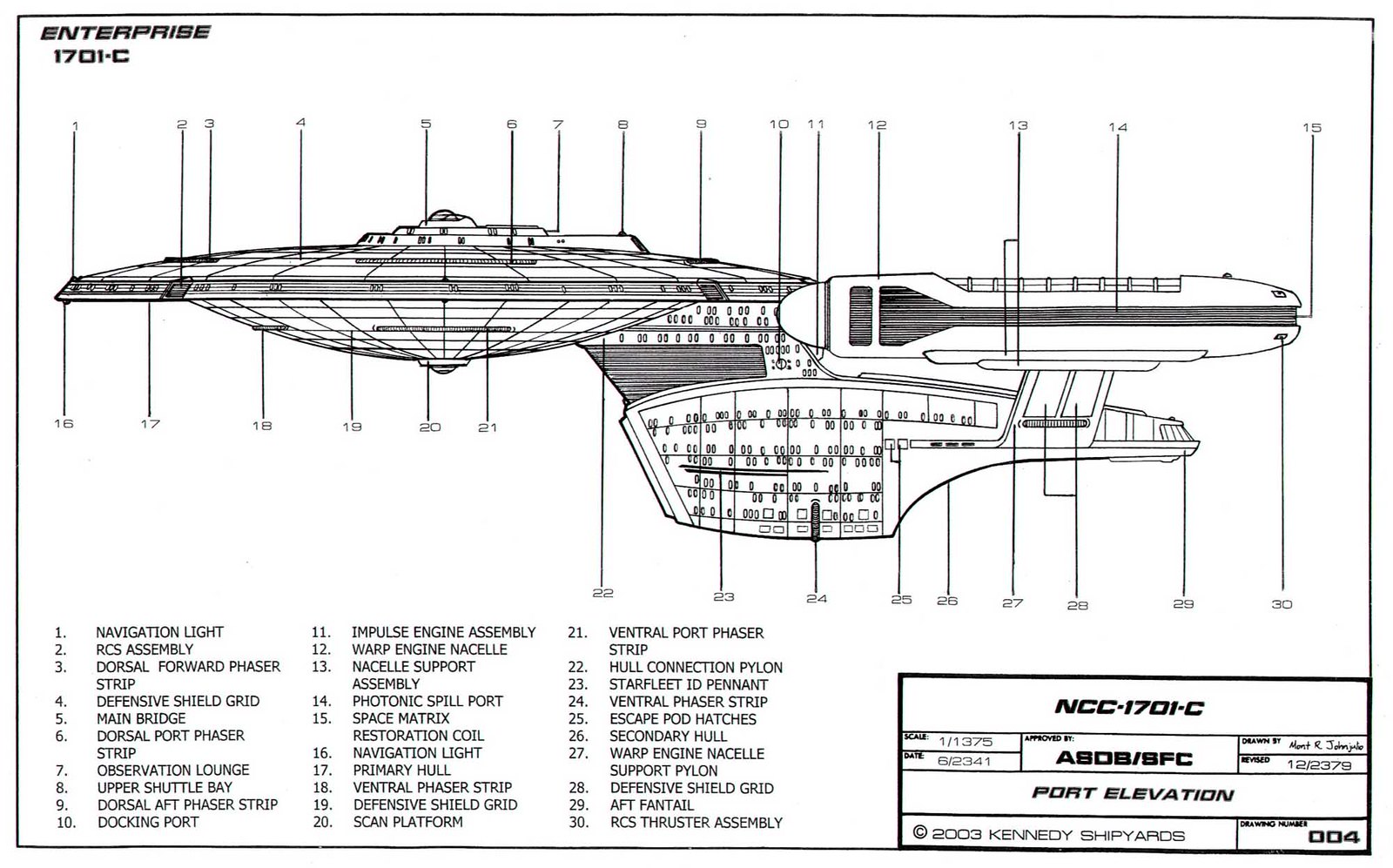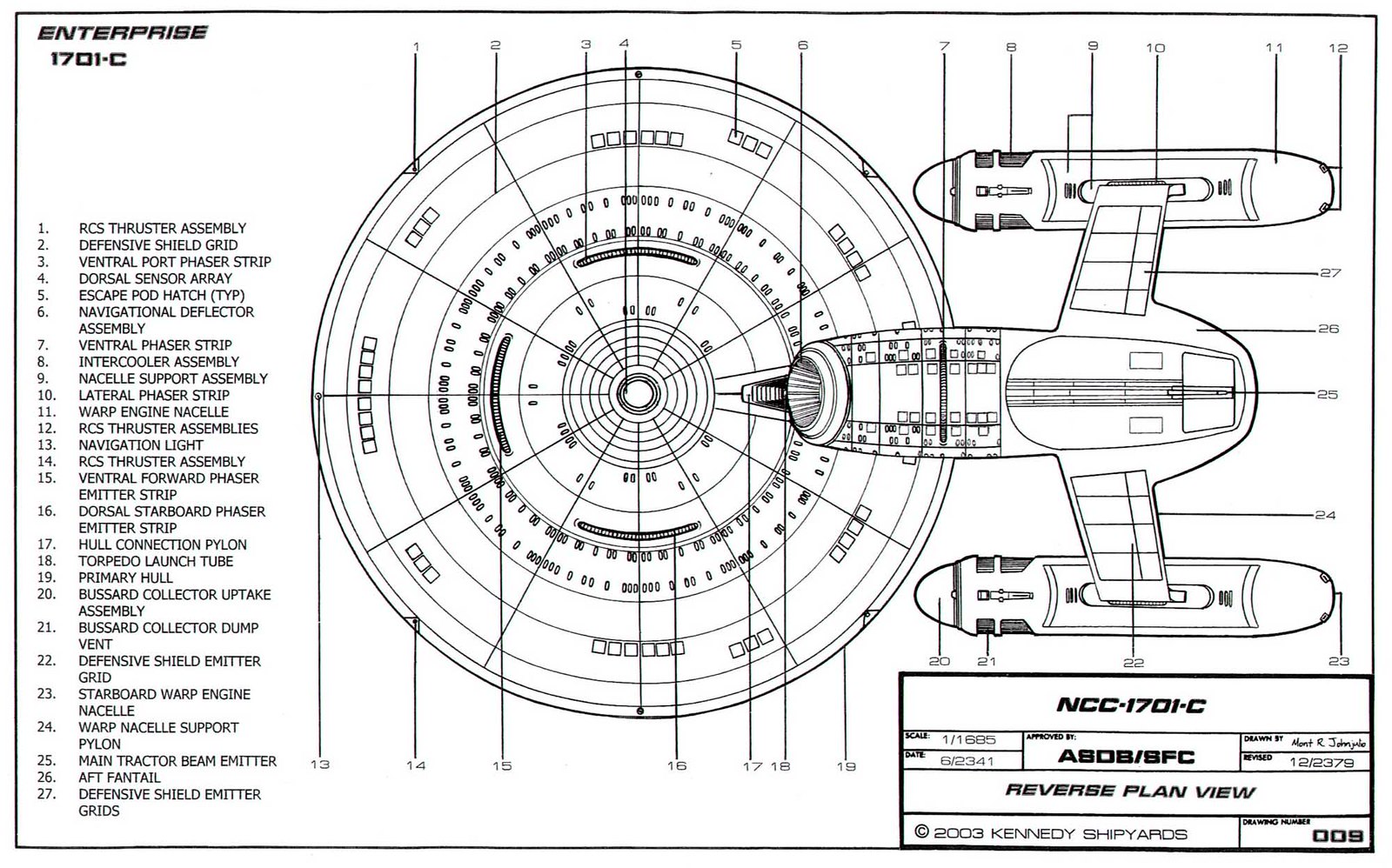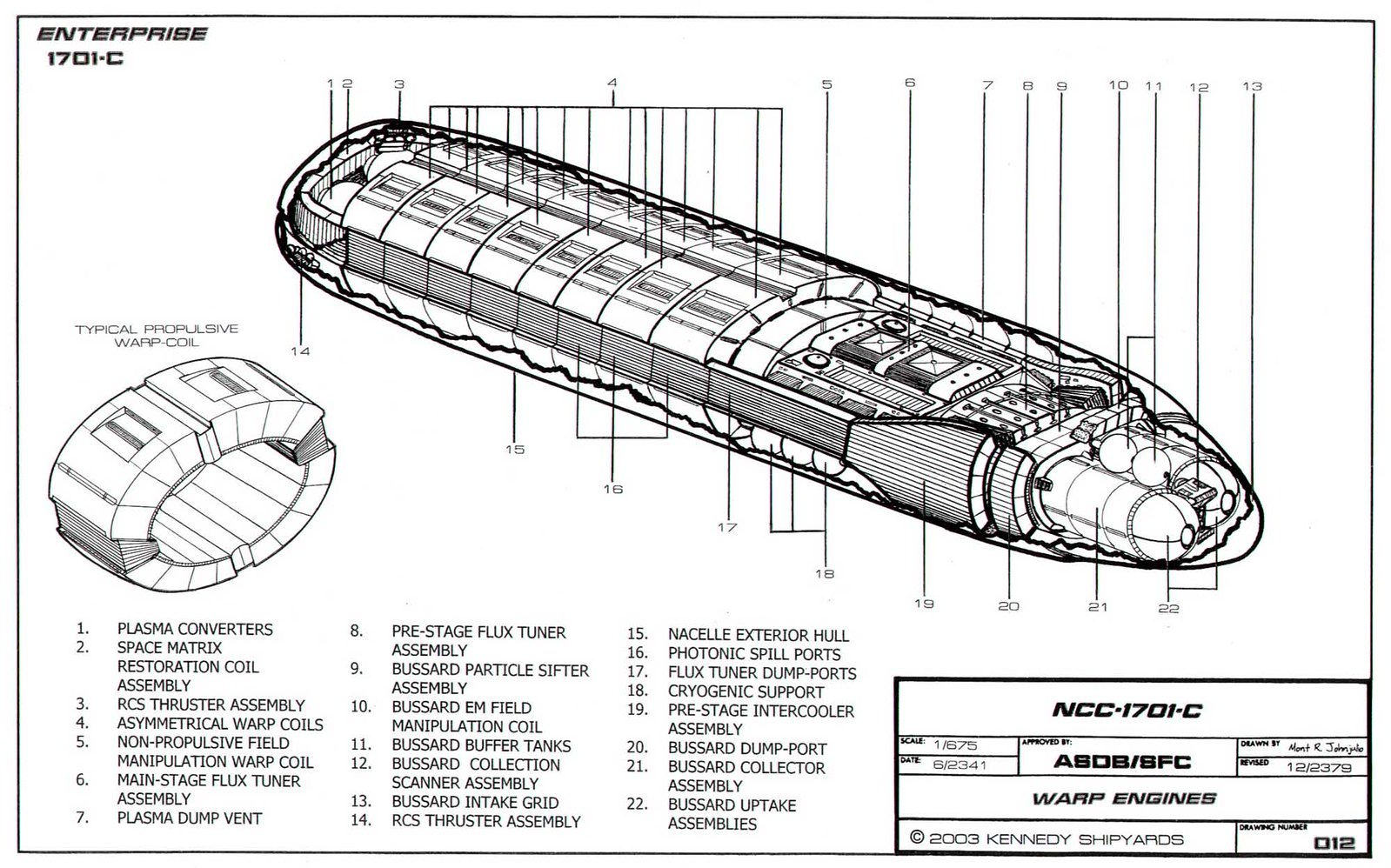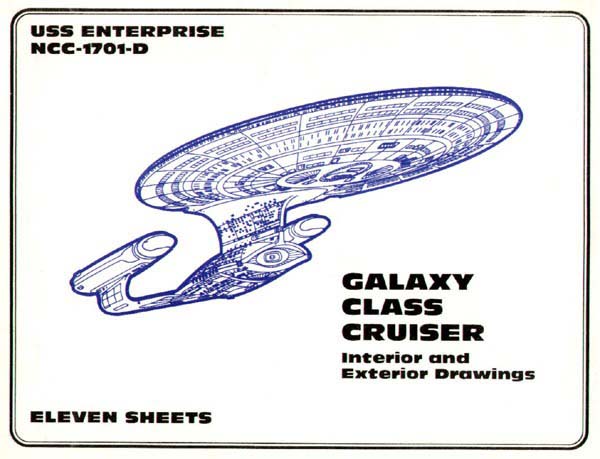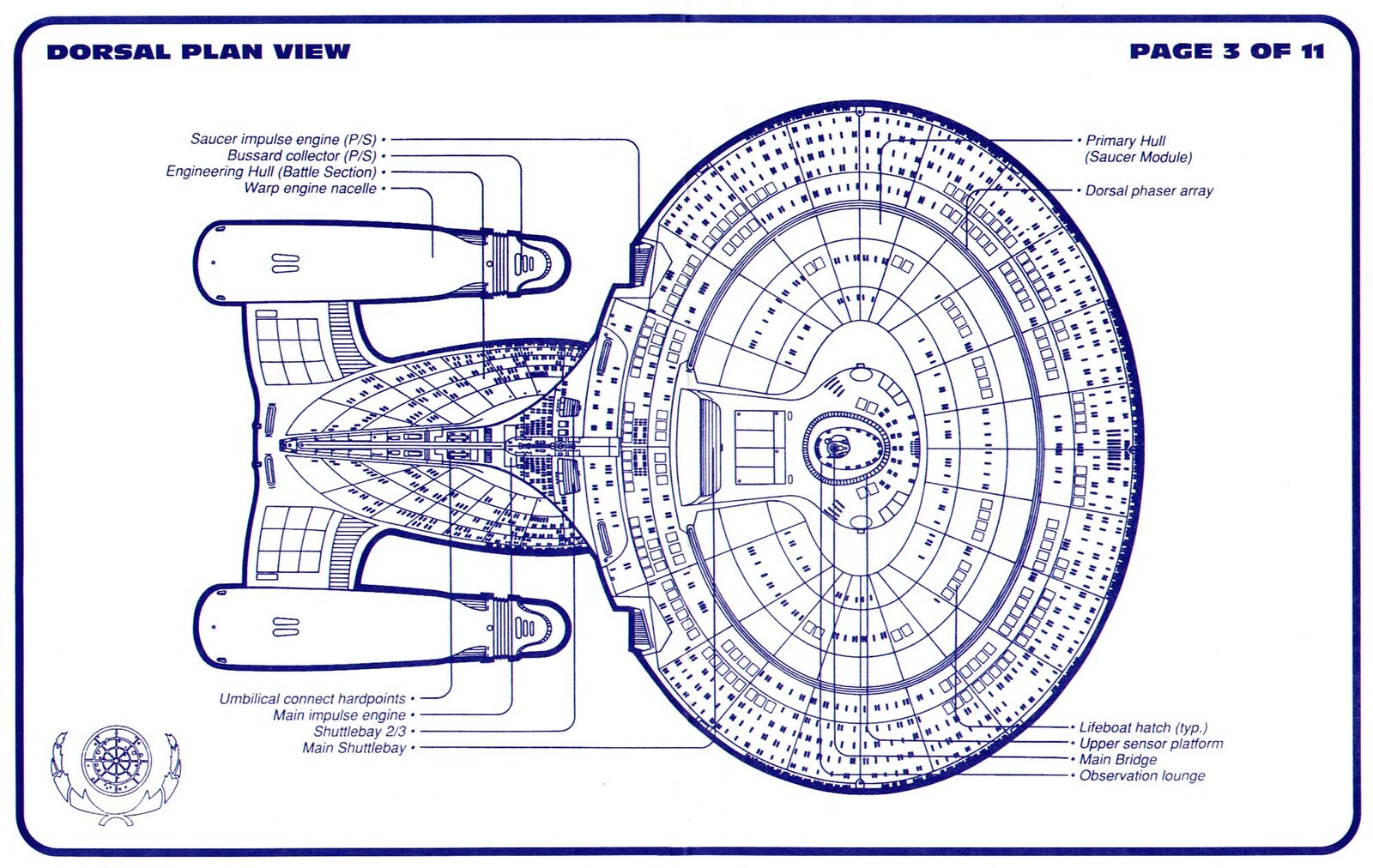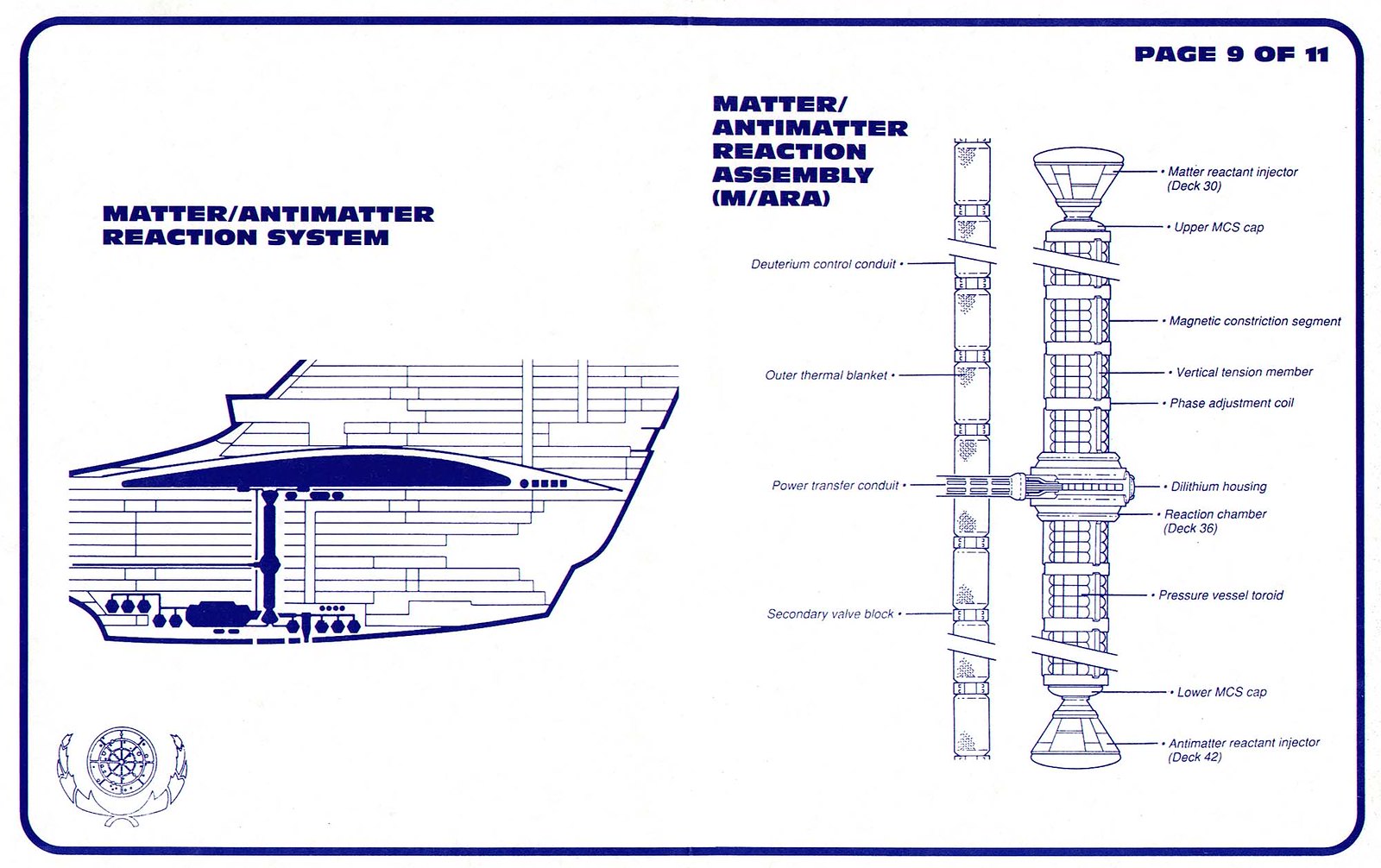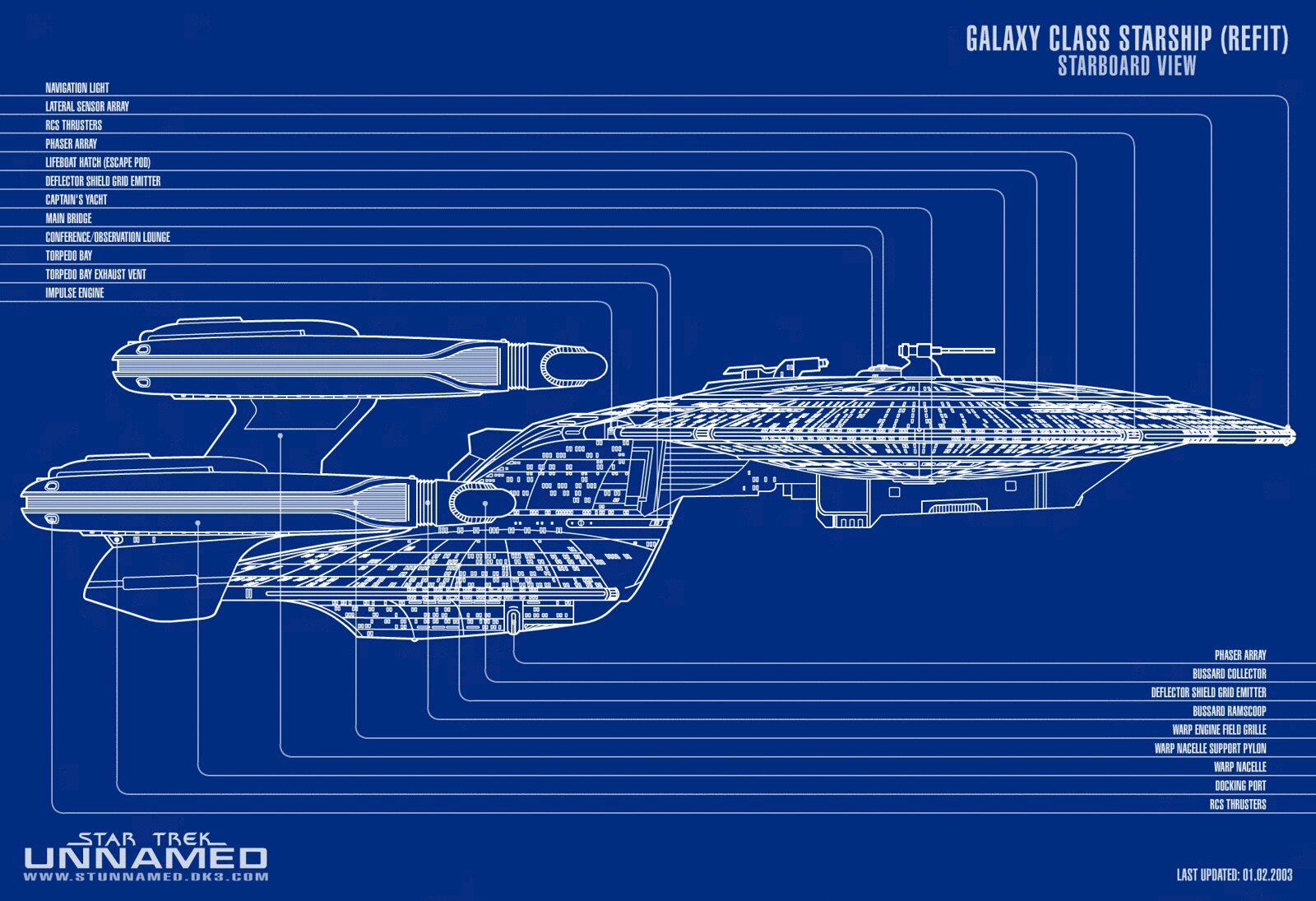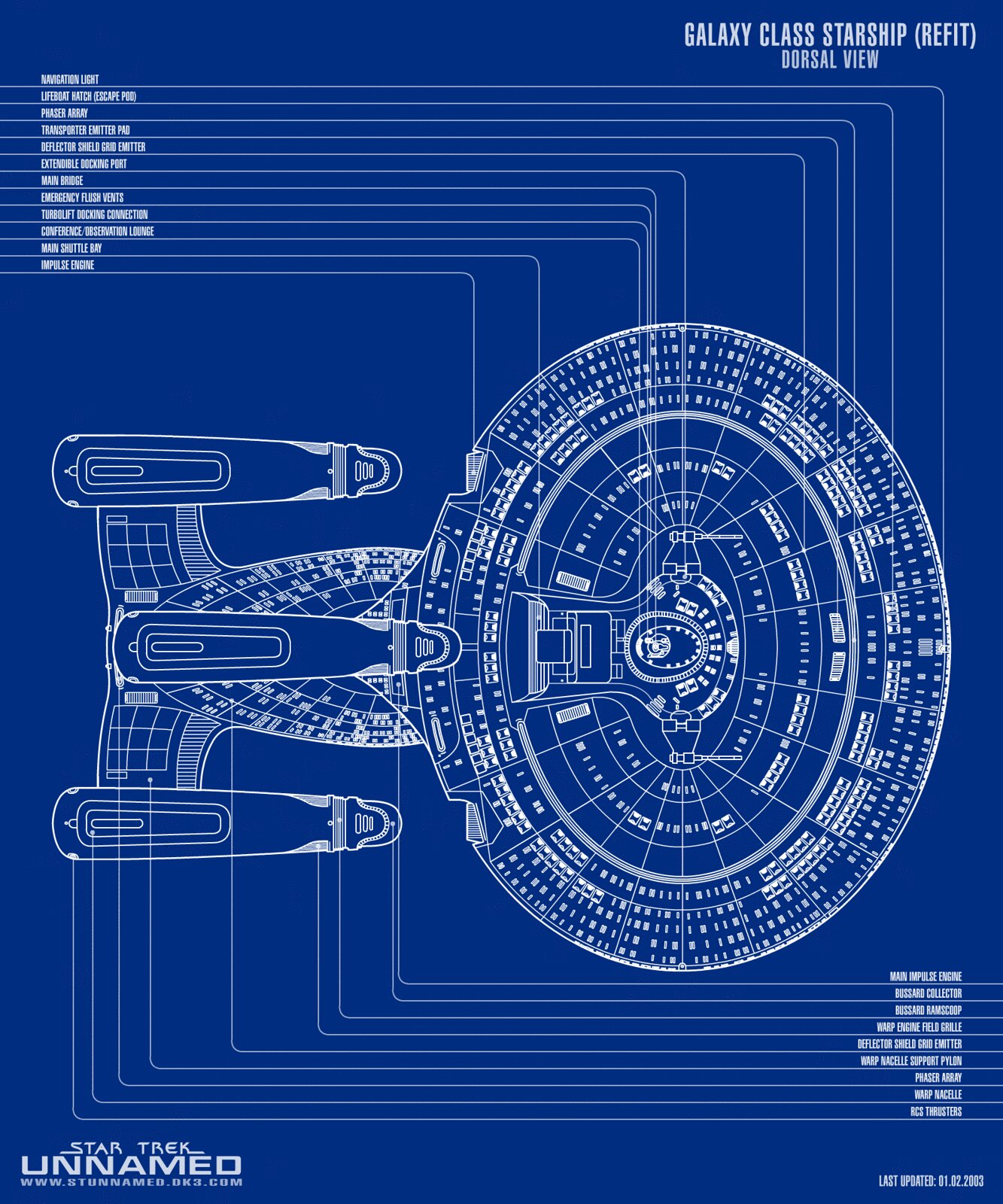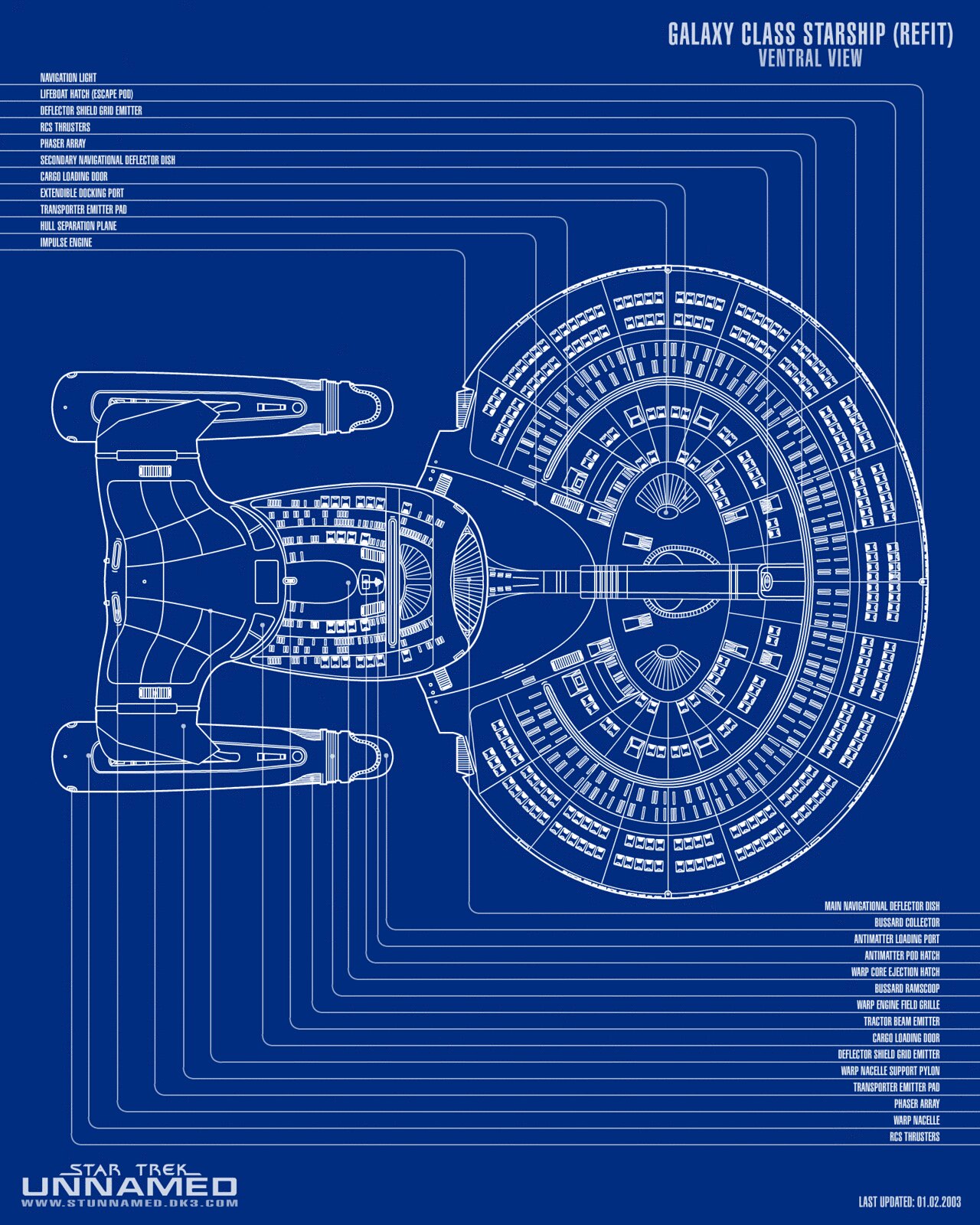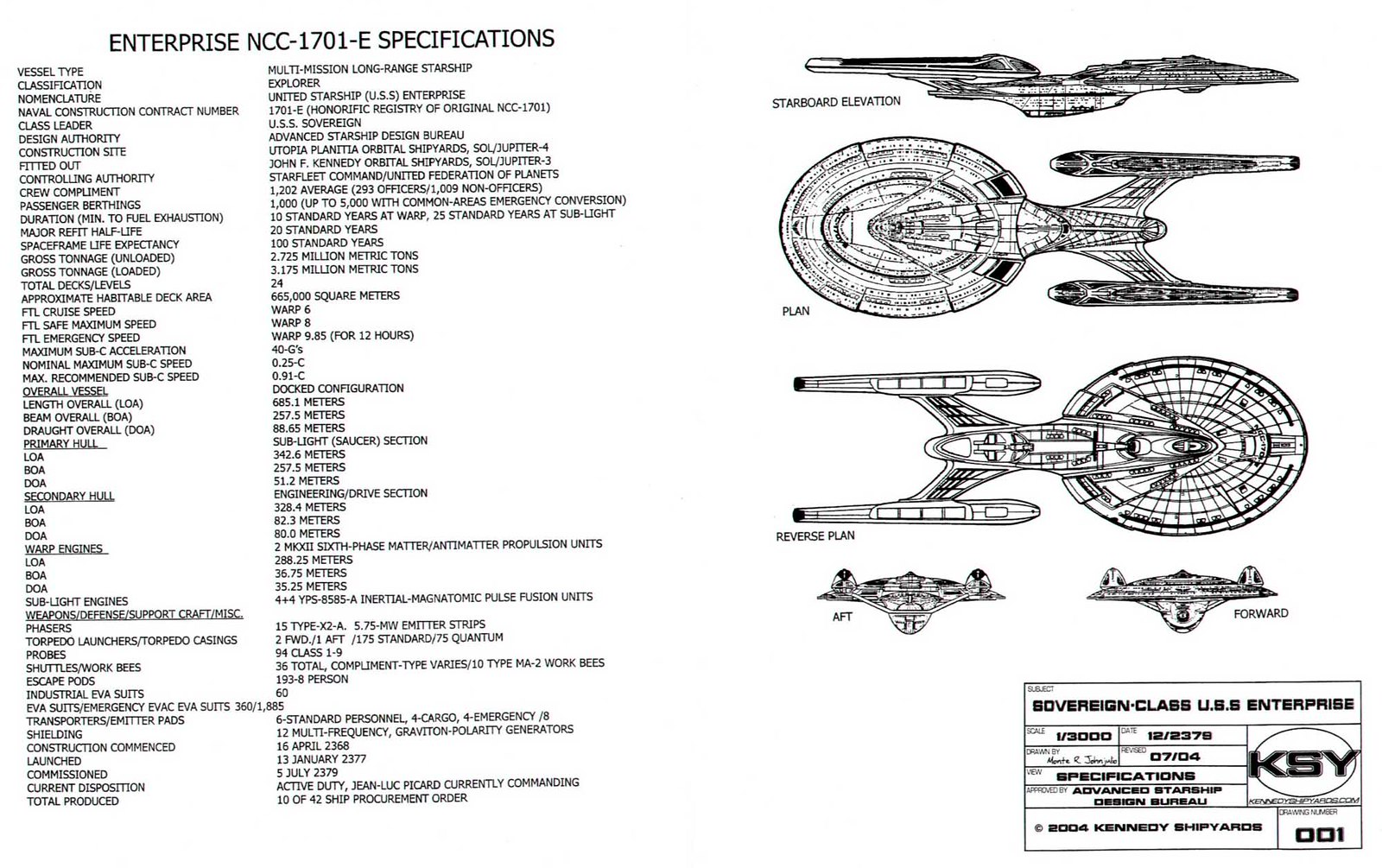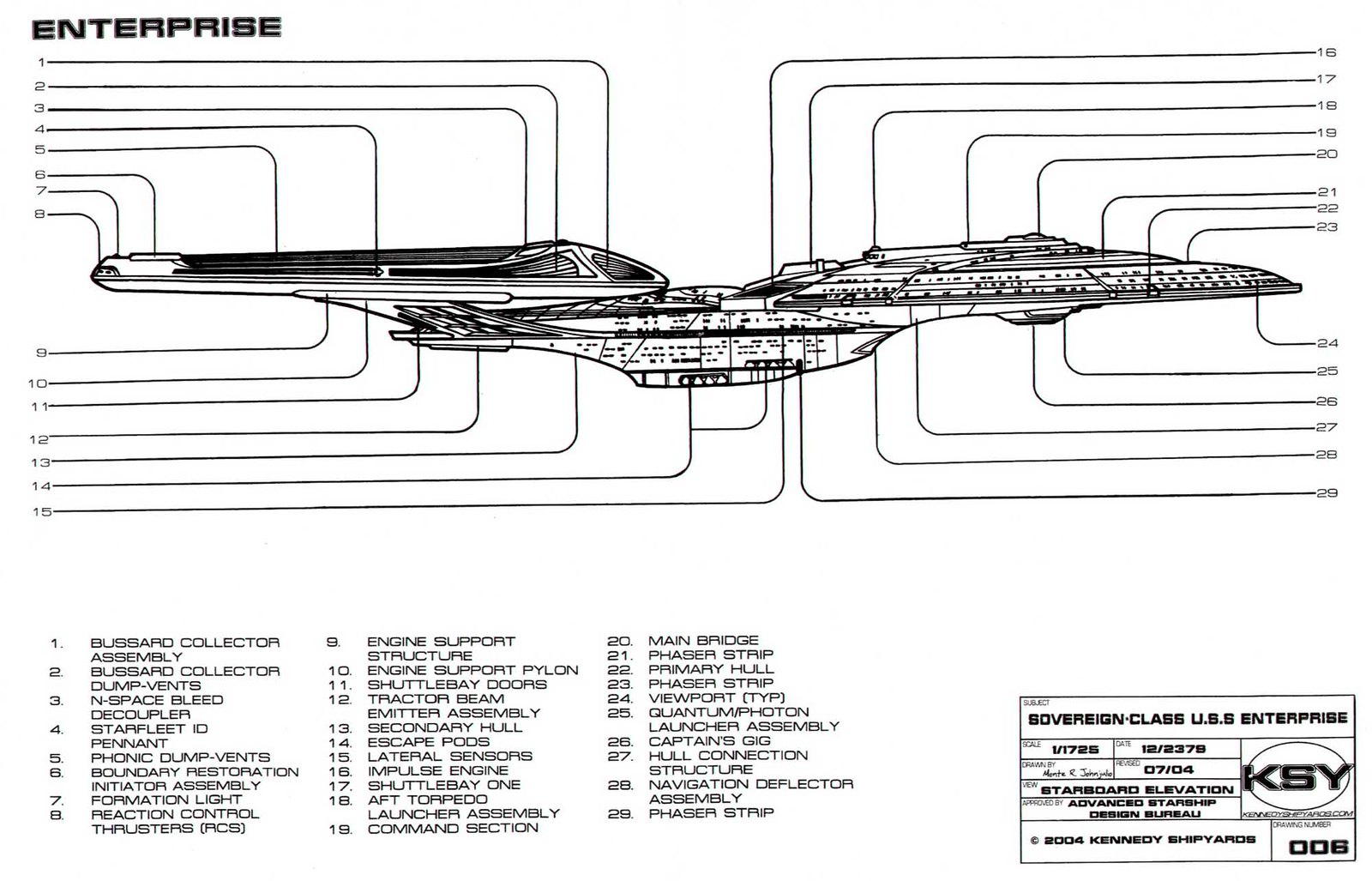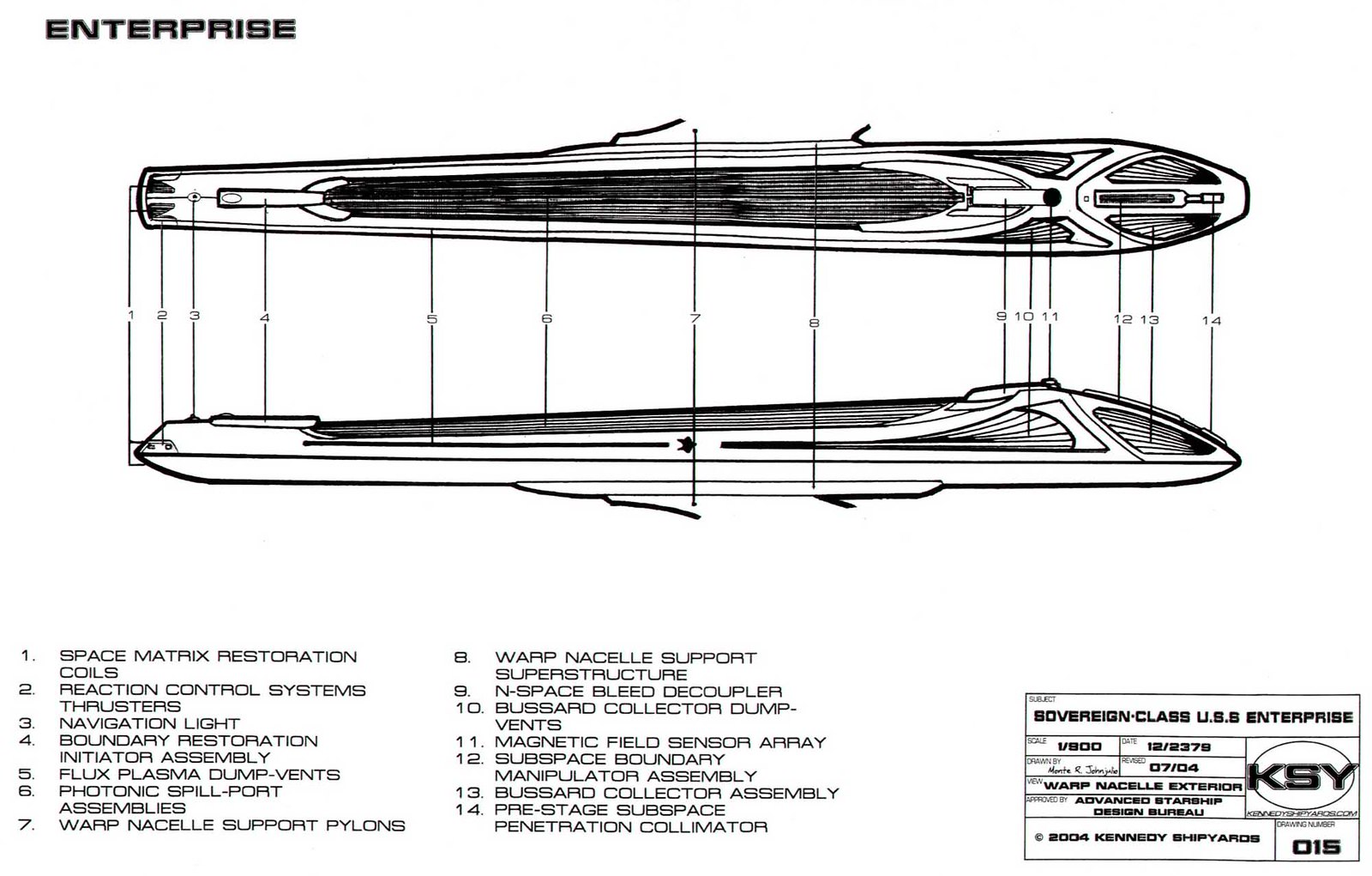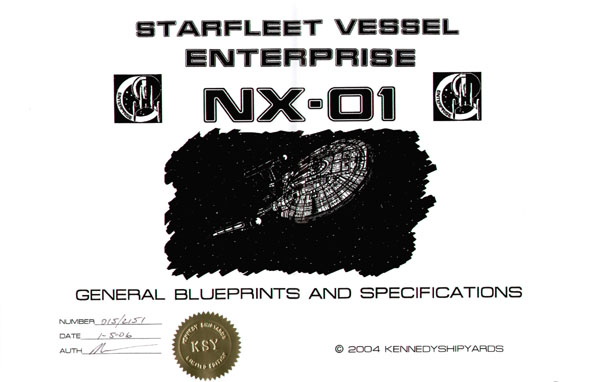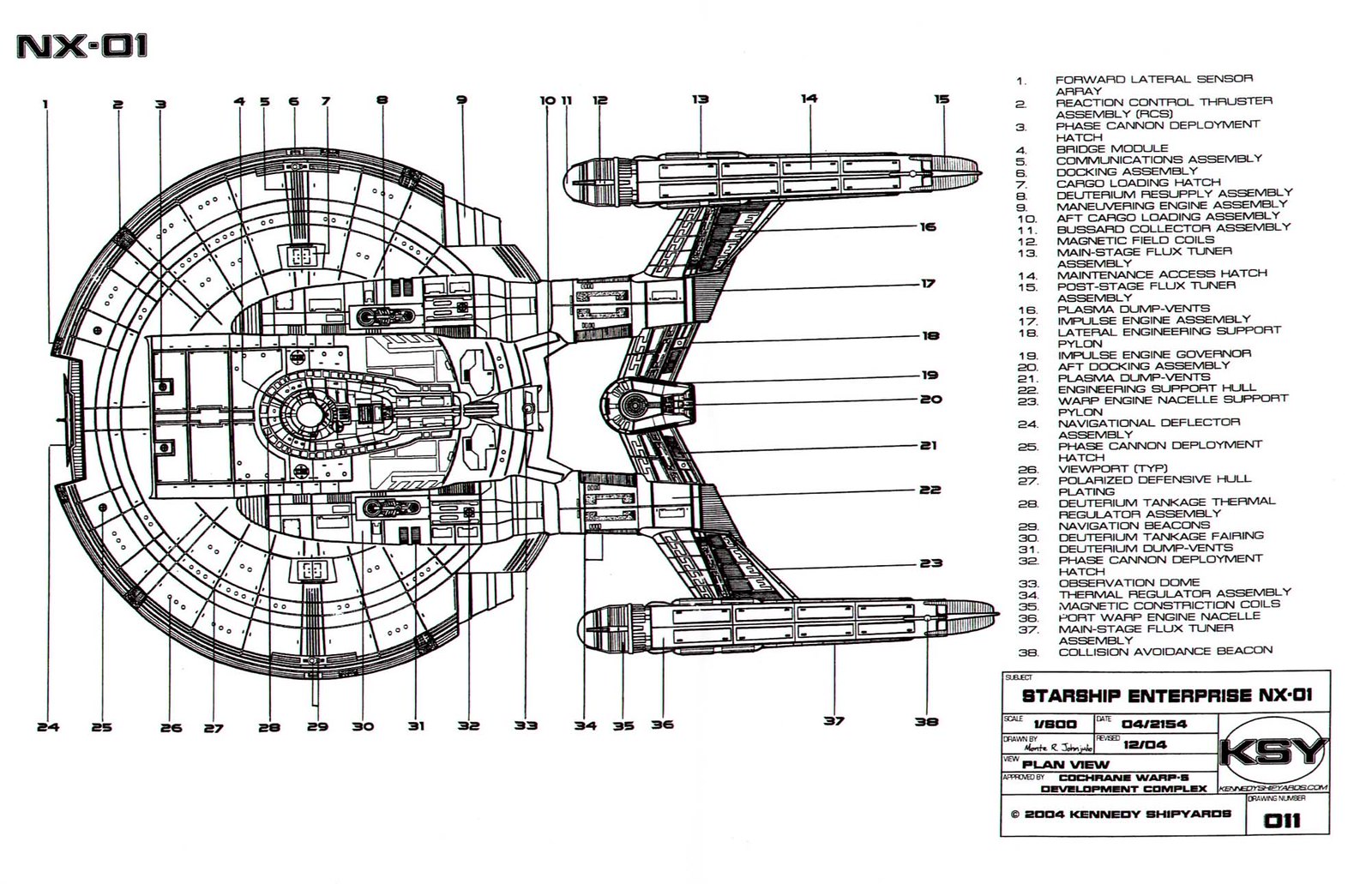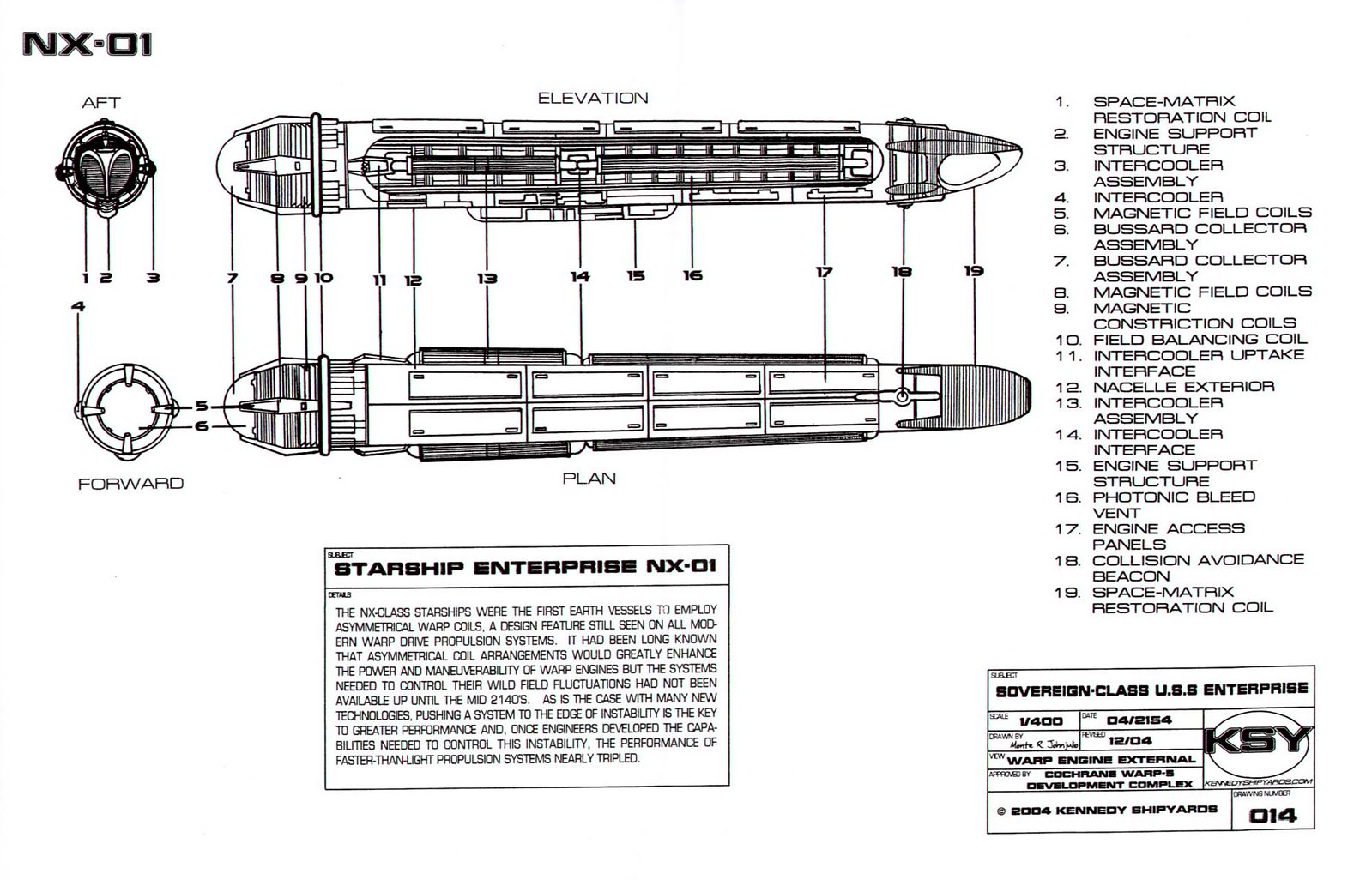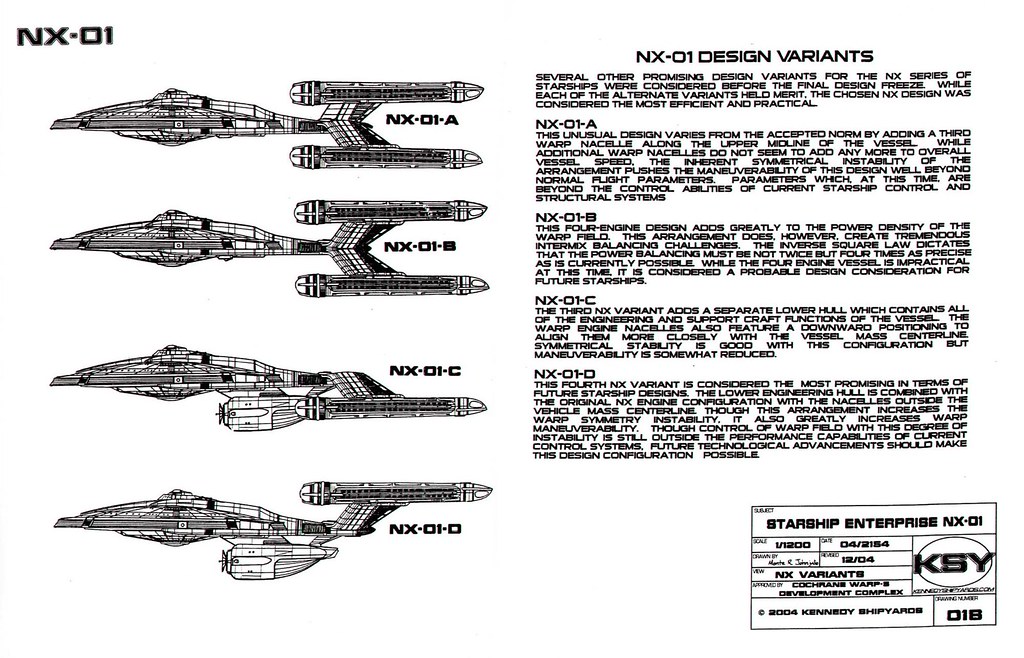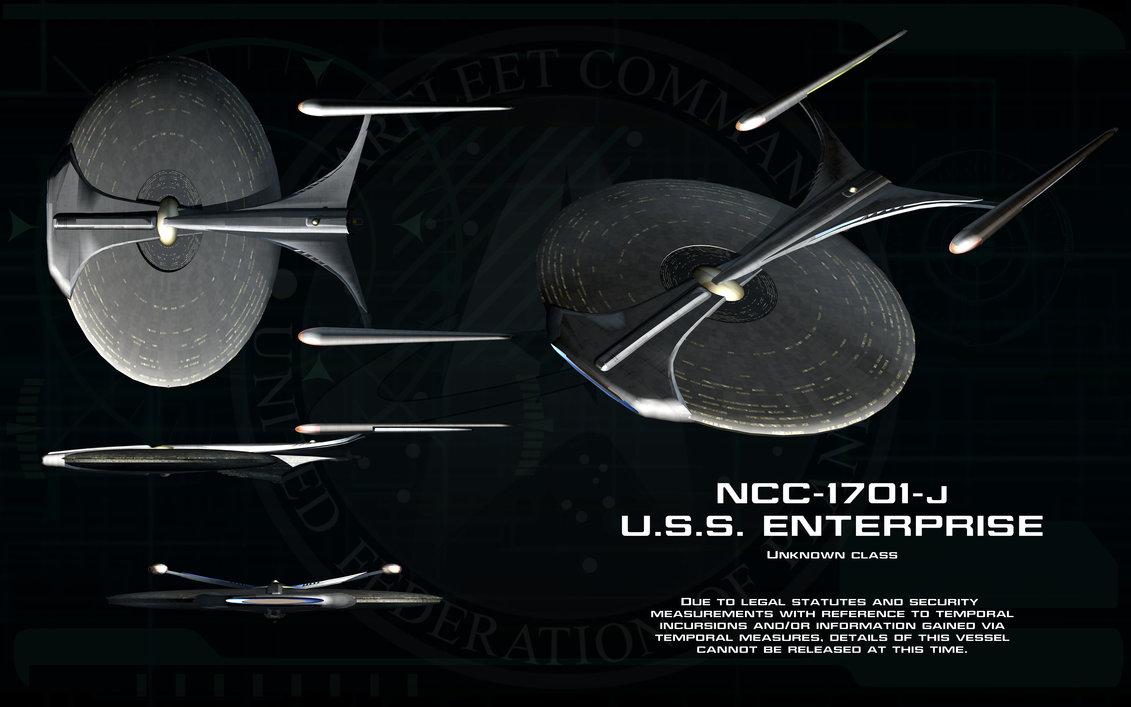30 January 2015
28 January 2015
26 January 2015
Gallivan Special Lakester - Twin Cam Tearaway
Welcome back, Amazorinos! Finally I get to lay down some auto gospel in 2015 and to hell with starting slow, lets hit you between the eyes with a single seat Model T that contains a piece of hot rod history.
Its a bitsa special in the very best way; built in 100 days to attend a rat rod event in Sydney (yes this car is in Australia, not the US), it wasn't quite finished in time for the event, bu that does not diminish the quality of this car. Built around a Lloyd Fisher-raced Model T chassis modified back in the 40's to make a midget racer (i.e. single seat), it was then populated with car builder Colin Wade's collection of vintage T parts sprinkled with some tasty go-faster goodies; how about rare a two-speed Eaton Ruckstell rear axle? Not rare enough for ya? Then try the 1926 Gallivan gear driven twin-cam head sitting atop the usually sidevalve-driven T engine block; only six were ever made and this is probably the only one that is running right now. Suddenly, Ardun head for a flathead V8 look common as dirt in comparison.
Get down under for the full lowdown on this beaut, here.
- Amazosan
Labels:
1926,
2015,
Ford Model T,
Gallivan Model T,
Lloyd Fisher racer
23 January 2015
21 January 2015
Derby-Miller Racing Car, Brooklands, 1935
Gwenda Stewart (nee Hawkes) with the Derby-Miller front wheel drive racing car. Like other marques of the period, Derby involved themselves in motor sport, with driver Douglas Hawkes's front wheel drive Miller with Derby parts (dubbed a Derby-Miller) acting as a testbed and promotional tool; that it was driven by Gwenda Stewart did not hurt publicity either. He had bought into the Derby factory in 1930, helped by his then father-in-law Charles Kinisson.
Although Stewart had been known to say that she preferred record-breaking to racing as it required less effort, she was nevertheless a quick and skillful racer; she raced at Montlhéry, taking a Land Speed Racing 1.5 litre class record at in 1930, with a standing mile at 118.13mph. She also raced at Brooklands, and twice at the Le Mans 24 Hours, in 1934 and 1935. She was partnered by Louis Bonne and Charles Worth respectively, but retired early both times.
17 January 2015
1 January 2015
Ships Of the Line II: The Blueprints Of Star Trek - Meet The Enterprises
Remember the post from last Christmas time featuring the wonderful art created about the ships of Star Trek? Well, this is another salute to the humble starship, but looking a the blueprints that have been produced over the years. If you're not aware that such things exist, then boy, are you about to fall into a rabbithole of awesome.
The idea of producing blueprints for Star Trek ships isn' a new one; the earliest one that I have seen is Franz Joseph's Constitution class blueprints from 1973. Joseph was an artist and author loosely associated with the original series, as the hugely influential Star Trek Star Fleet Technical Manual, a book that provides some detail on the workings of technology used in the original series, including its ships, phasers, tricorders, universal translators, and medical equipment, and even diagrams for a working communicator built using 20th century electronics.
The original and to most people, still the best: the original ship, designed by Matt Jeffries and the one that set the tone for all starships that followed it. She remained in service for forty years, engaging in numerous first contacts, military engagements, and time travel missions. She eventually gained everlasting fame during her five-year mission, under the command of Captain Kirk. She underwent a massive refit in 2270, engaged V'Ger in 2273, and self-destructed over the Genesis Planet in 2285.
These are Monte R. Johnjulio's Constitution blueprints from 2010; I decided to show these instead of Franz Joseph's purely as I prefer them. These were published by the now-defunct Kennedy Ship Yards:
David Kimble's 1980 blueprints of The refitted Enterprise from Star Trek: The Motion Picture. He also did the iconic cutaway picture of the Enterprise-A, as well as several since. The ship itself was designed in large by Robert Probert, with input from Mike Minor, Joe Jennings, Douglas Trumbull, Harold Michaelson, and Richard Taylor:
And as a bonus, blueprints of the K'Tinga-class Klingon battle cruiser, another Probert design:
'Today is a good day to die'
'So help me Spock, I'm actually pleased to see you'
'Two and a half years as Chief of Starfleet Operations may have made me a little stale, but I wouldn't consider myself untried... They gave her back to me, Scotty'
The Heavy Cruiser Evolution Blueprints from 1985, by David John Nielsen, another excellent draftsman. I bought these when they came out; its one thing looking at them on a screen, but when they are laid out in front of you as giant sheets, they really are magnificent:
'My god, thats a big ship'
The Excelsior Class Enterprise-B, designed by David Carson and Nilo Rodis-Jamero, Steve Gawley and Bill George of Industrial Light & Magic (ILM).
The 'B' is the forgotten man of the line; it was only seen on screen in Star Trek; Generations, but in the timeline of various books was under the command of at least four different captains over a 36 year lifespan. Countless Excelsior-class ships were seen on screen in various supporting capacities in episodes of Star Trek: The Next Generation and Deep Space Nine, however.
Blueprints again by Johnjulio:
And just in case you're getting confused with the USS Excelsior, heres a comparison sheet:
The Ambassador Class Enterprise-C is probably the Ringo Starr of the Enterprise line; it isn't the frontman, but it had its moment in the sun, lasting in service 12 years before going out in a blaze of glory protecting a Klingon outpost on Narendra II from four Romulan Warbirds (TNG episode Yesterday's Enterprise).
The design was by Andrew Probert again, who also designed...
...the Enterprise D.
If the Enterprise-C is Ringo Starr and the B is George Harrison, then the Galaxy Class Enterprise-D is McCartney to the TOS Enterprise's Lennon. She didn't have a long life, (a mere 8 years), but she packed a lot of history into that short time:
'Eject the core'
And the refitted Enterprise-D from an alternate future (as featured in the TNG episode 'All Good Things'); she's a bit of a hot rod:
The beauty that is the Sovereign-class Enterprise E. Although she was only seen in three films (First Contact, Insurrection & Nemesis) she stayed in service for 36 years and was featured in a lot of beta-canon books, before being replaced by the Odyssey-Class Enterprise-F in 2409:
The Sovereign-class was designed by John Eaves under final supervision of Herman Zimmerman.The Captain's yacht from the Enterprise-E, first seen in Star Trek: Insurrection.
It may still be blasphemy to some that this ship exists at all, but you can't deny that Doug Drexler designed a ship that looked like it was the forerunner to the Starship line of the same name. The ship had a ten year lifespan from 2151-2161:
An had there been a fifth series , we would have got to see Doug Drexler's design for the refit (NX-01-D) which would have been the missing link between NX-01 and the TOS ship:
One version of the USS Enterprise (NCC-1701-F) appears in the multiplayer online role-playing game Star Trek Online. Its design is based on the entry submitted by Adam Ihle for the 2011 "Design the next Enterprise" contest, a joint venture between Cryptic Studios, CBS, and Intel, which ran shortly before the game was made free to play. The Enterprise-F made its first appearance in the mission Boldly They Rode, at the point where the USS Enterprise-F appears to help the player defeat the Dominion fleet. Not much exists by way of blueprints that I can find though:
And an Enterprise that is only known about about (probably) by the hardcore Trekkers out there: The Universe-class Enterprise J.
It was seen in the Star Trek: Enterprise episode Azati Prime, when Captain Archer is takento the 26th century by the temporal agent known only as Daniels to see the Battle of Procyon V on board the Enterprise-J. You don't see the actual exterior of the ship, (only a schematic on a wall), but you get the impression the ship is
Enterprise-J is a multi-generational vessel, that has large parks, entertainment zones, and entire universities on board. The ship is so large that turbolifts have been replaced with site to site transporters. Technology is beyond transwarp - they can fold space, and they are exploring other galaxies besides the Milky Way.
And I'm guessing that the reason why the ship looks different in profile is just down to individual interpretation; there was only one official picture of the exterior:
FIN
Subscribe to:
Comments (Atom)

